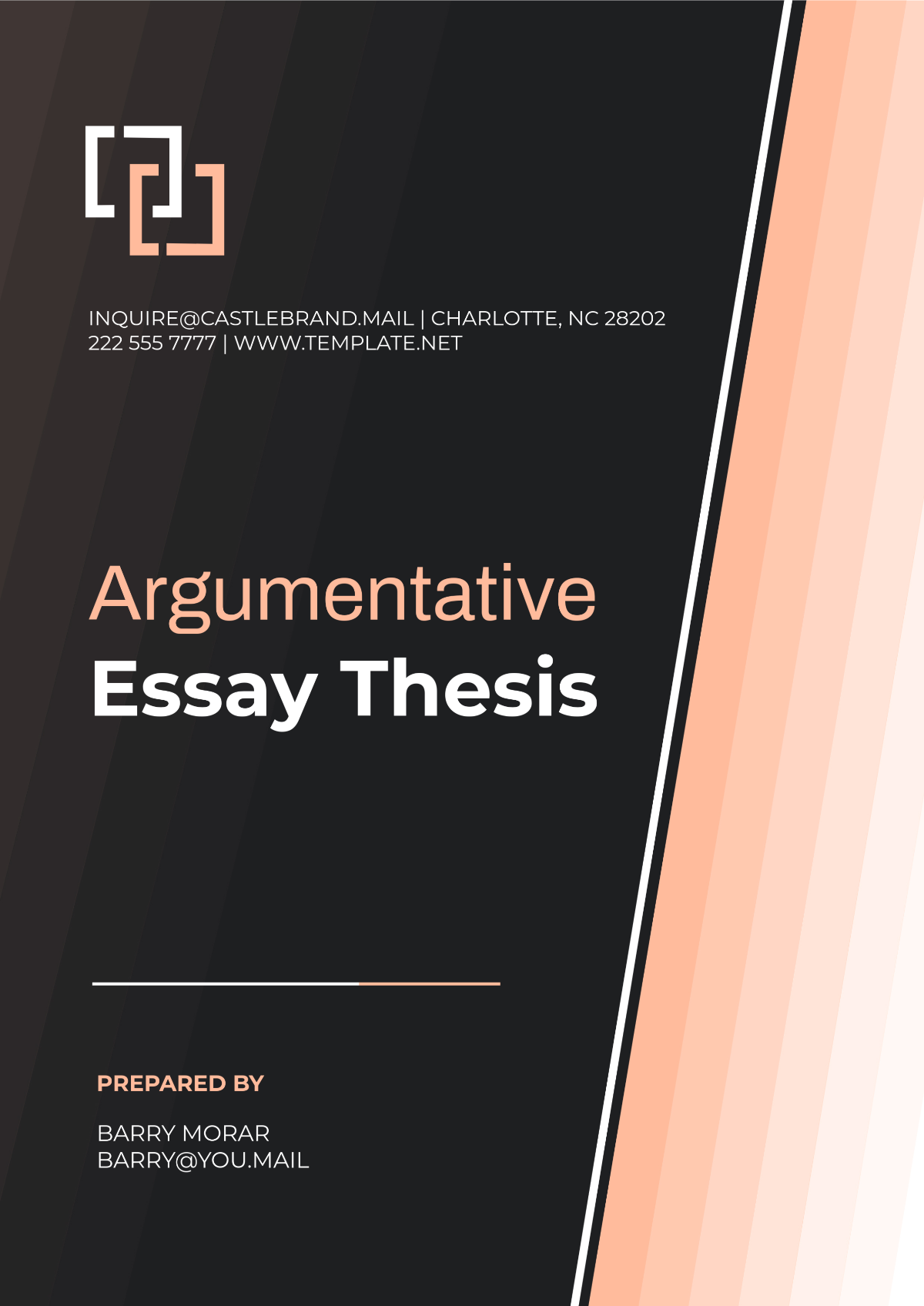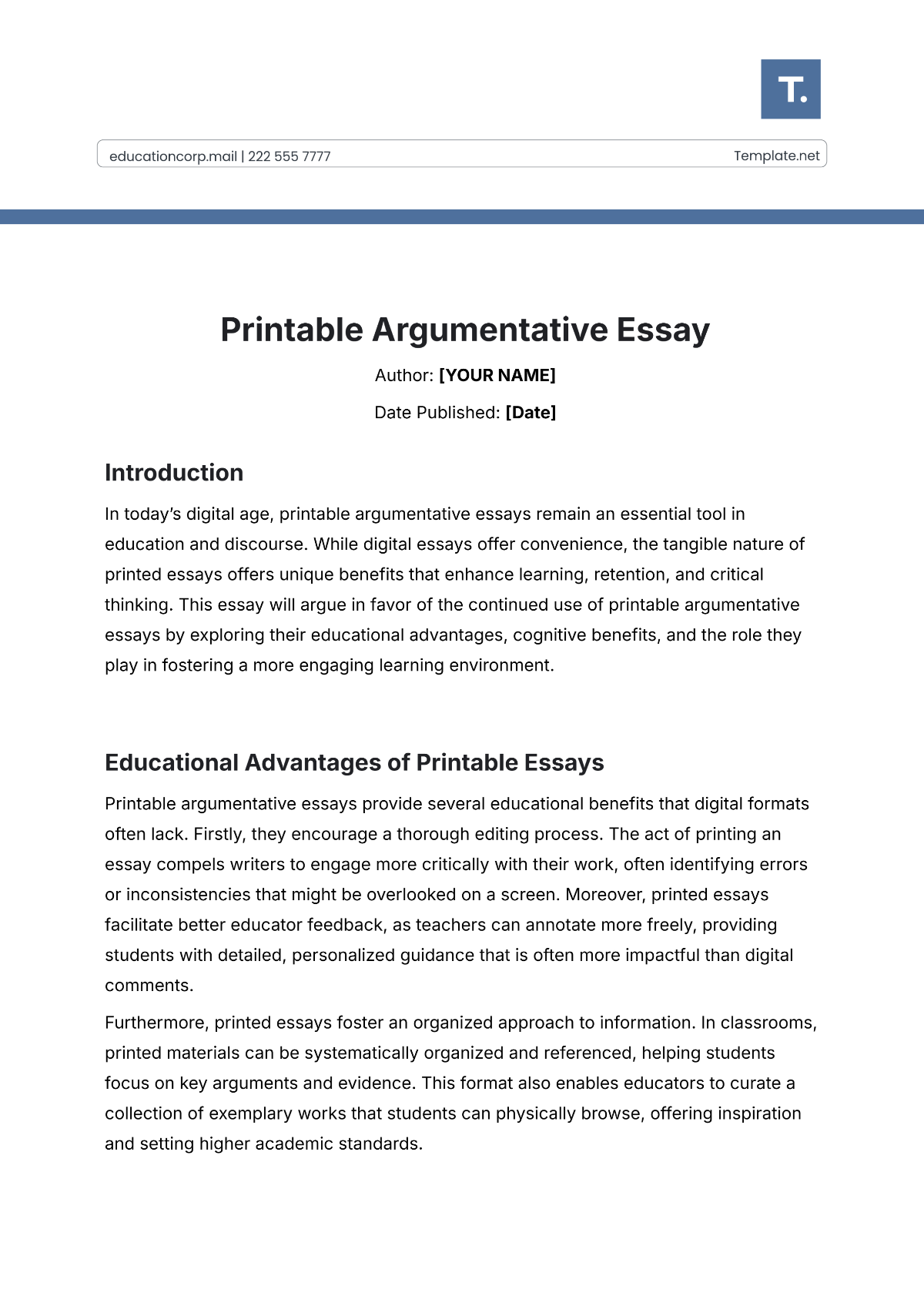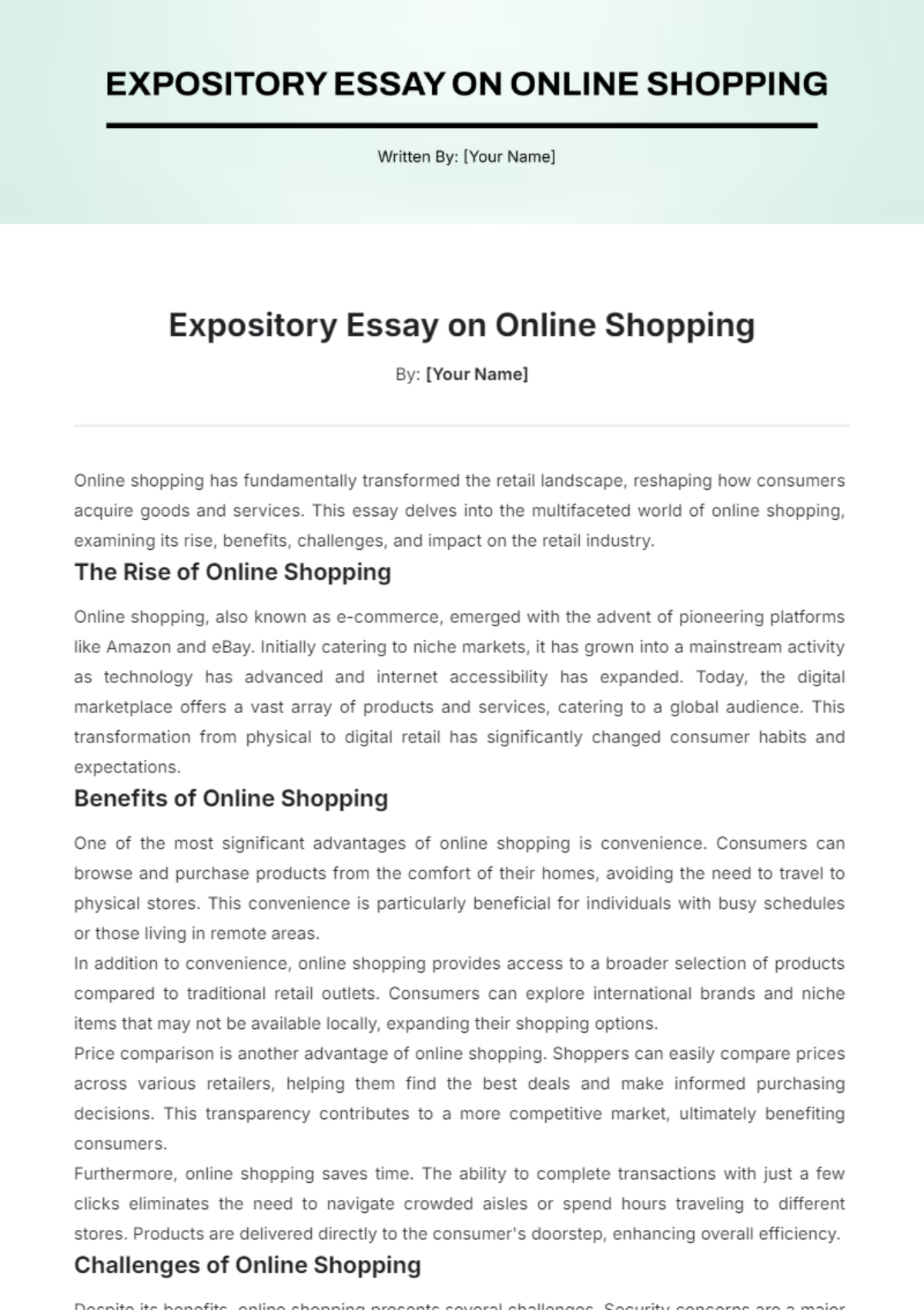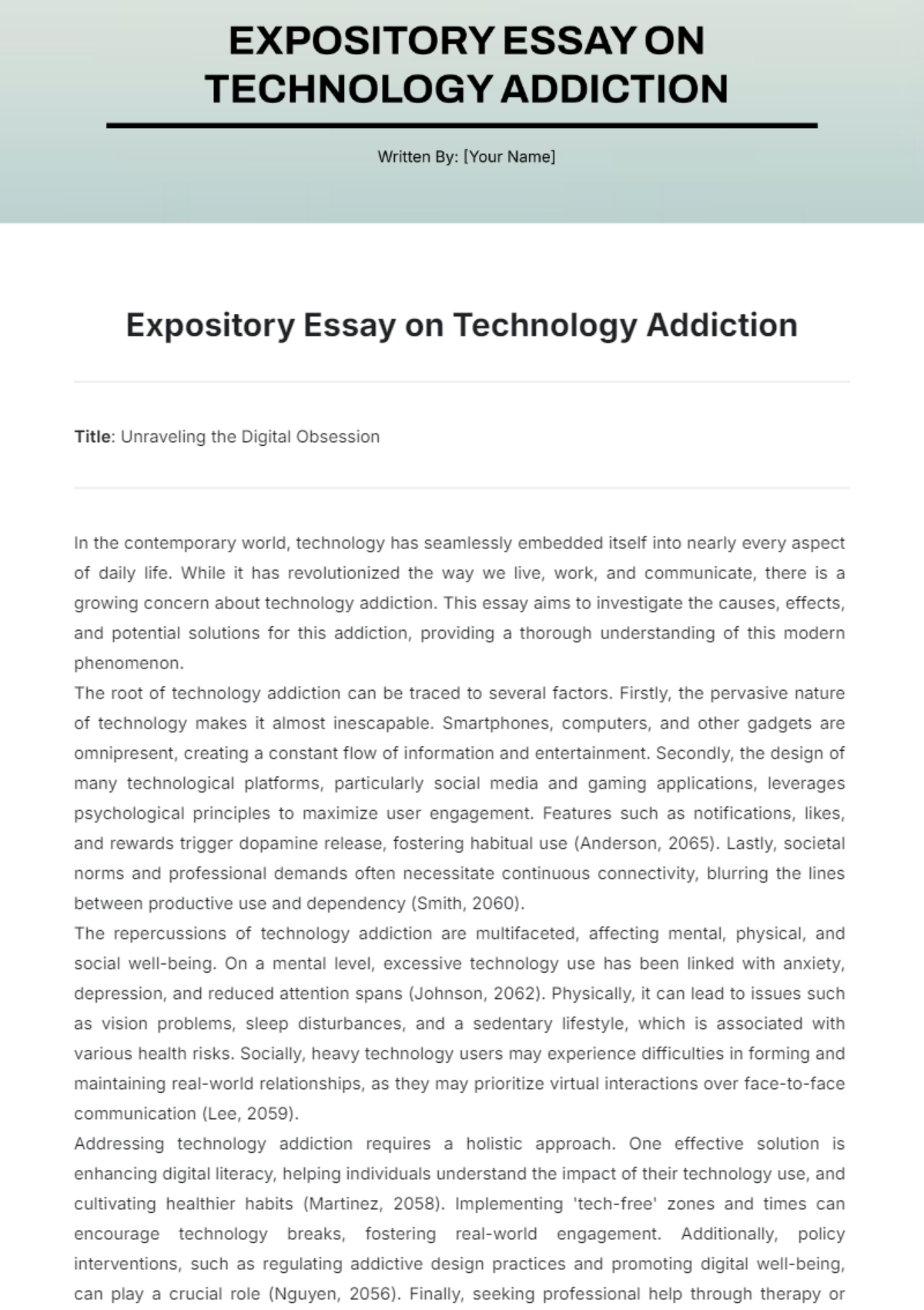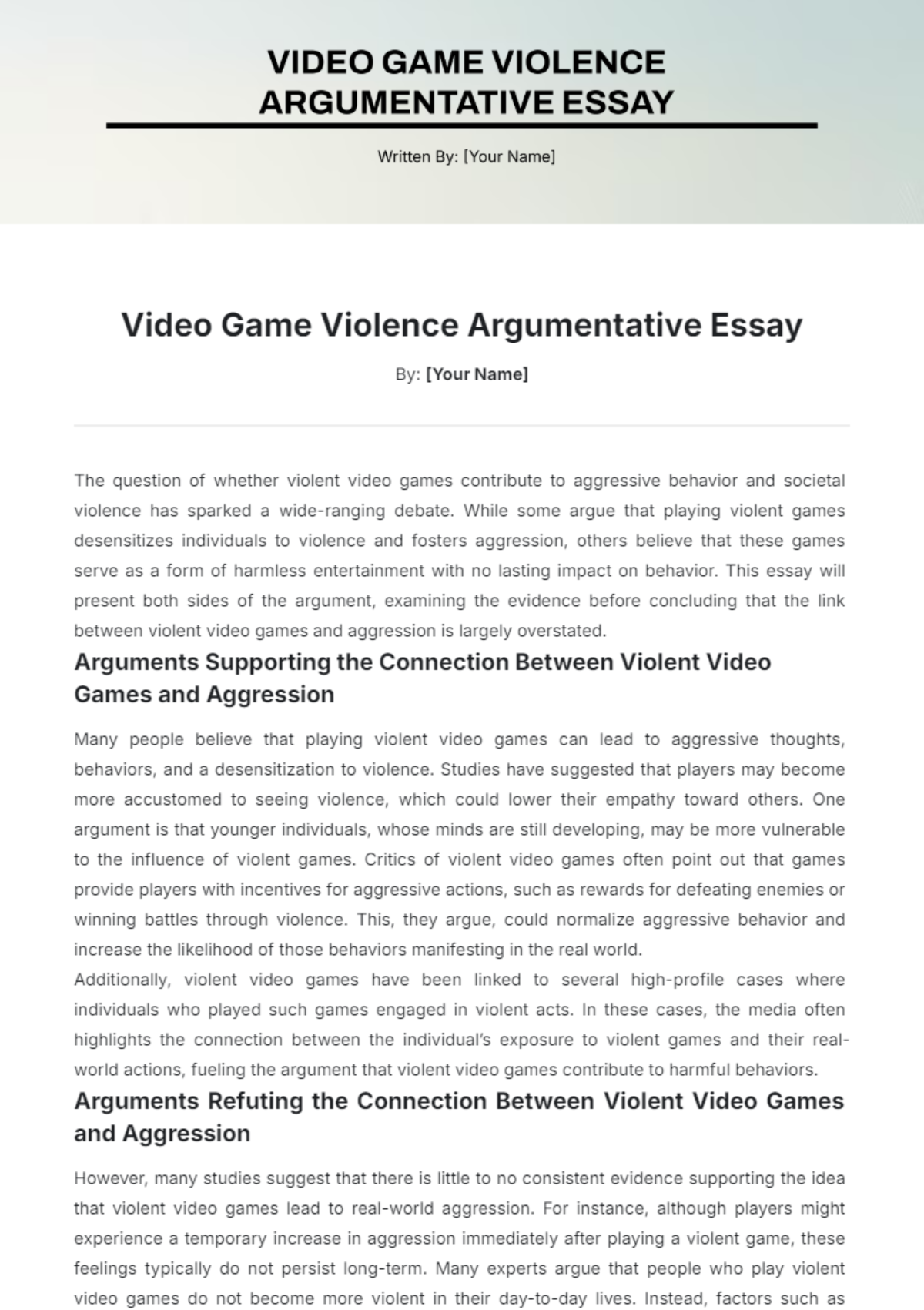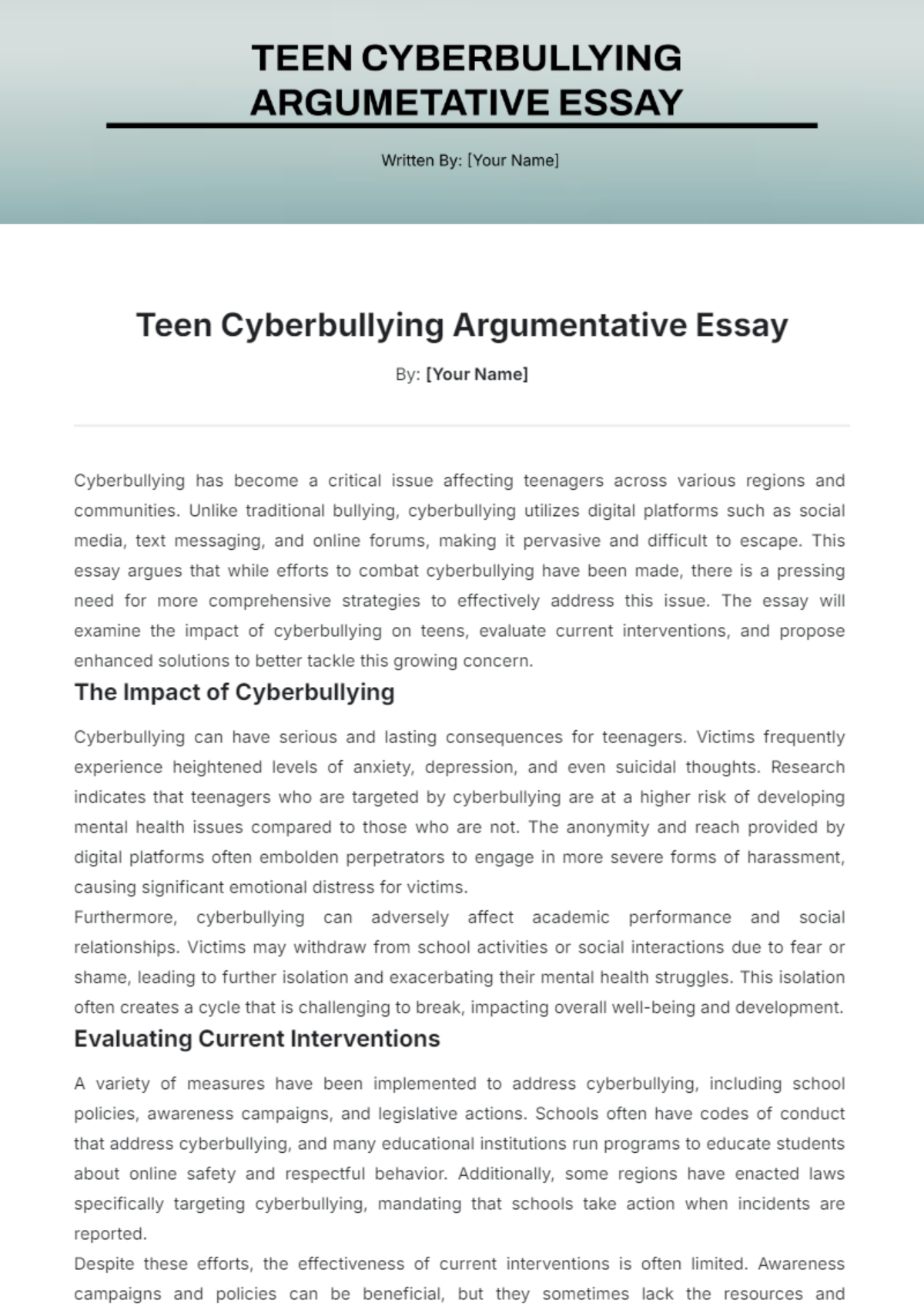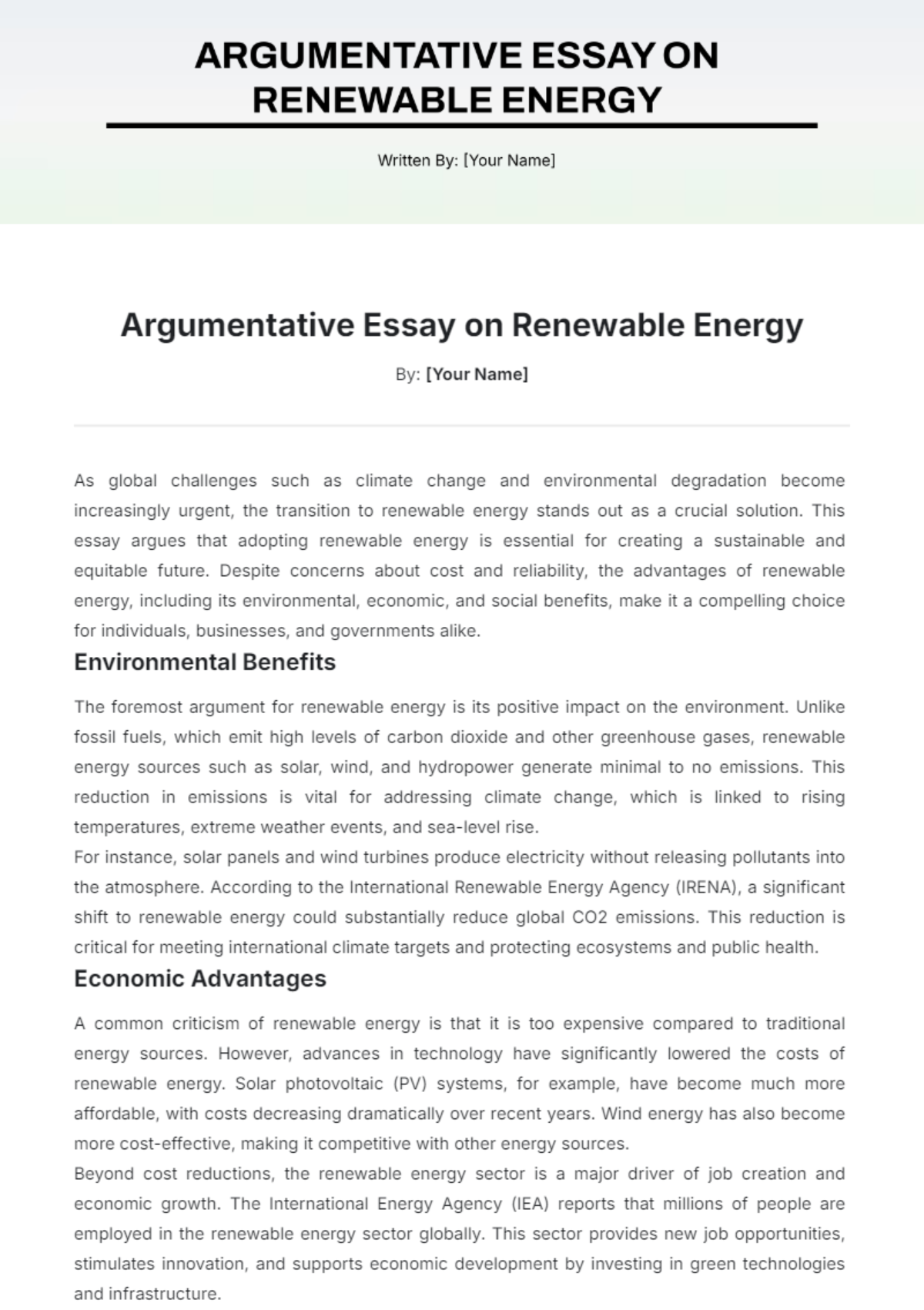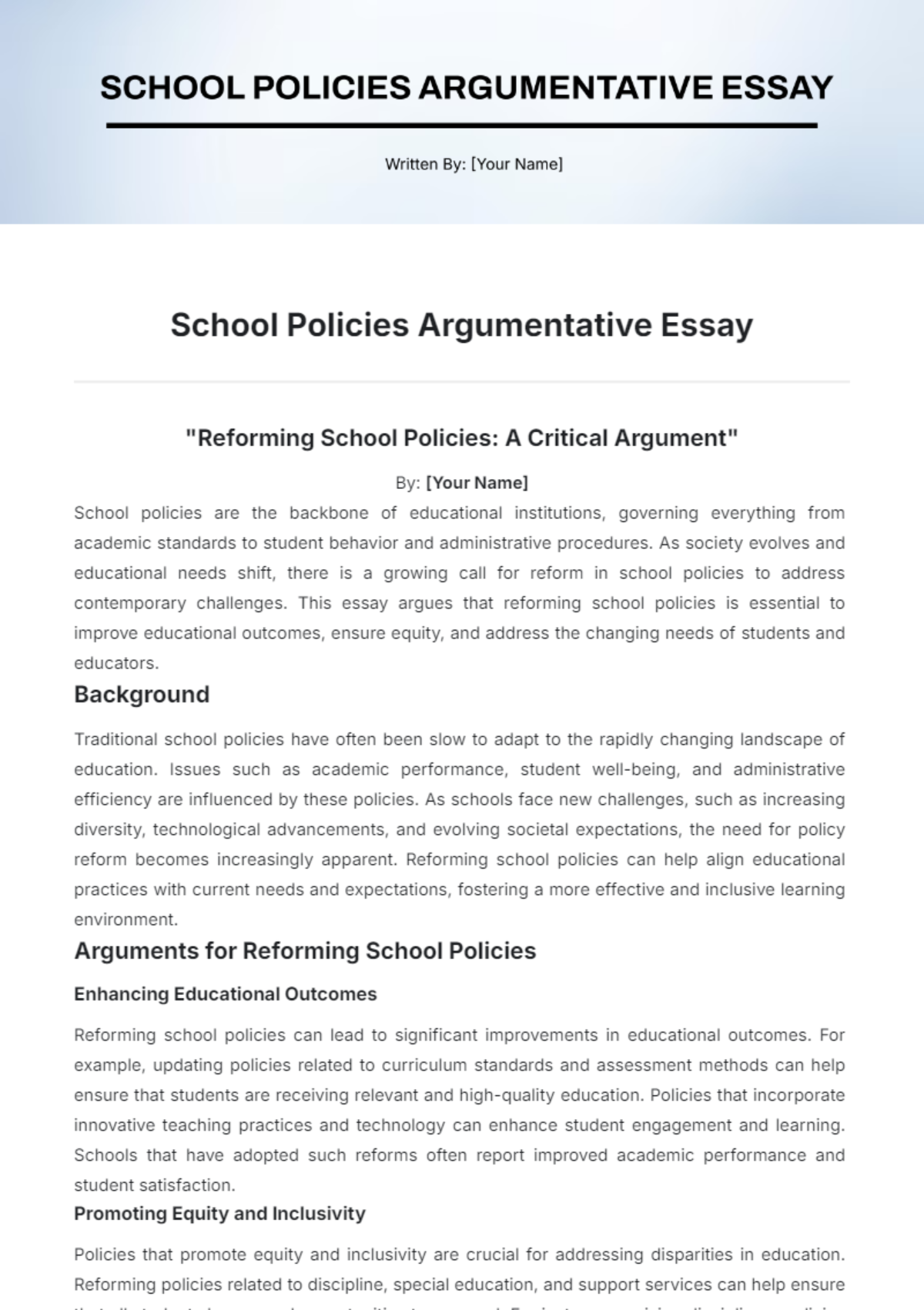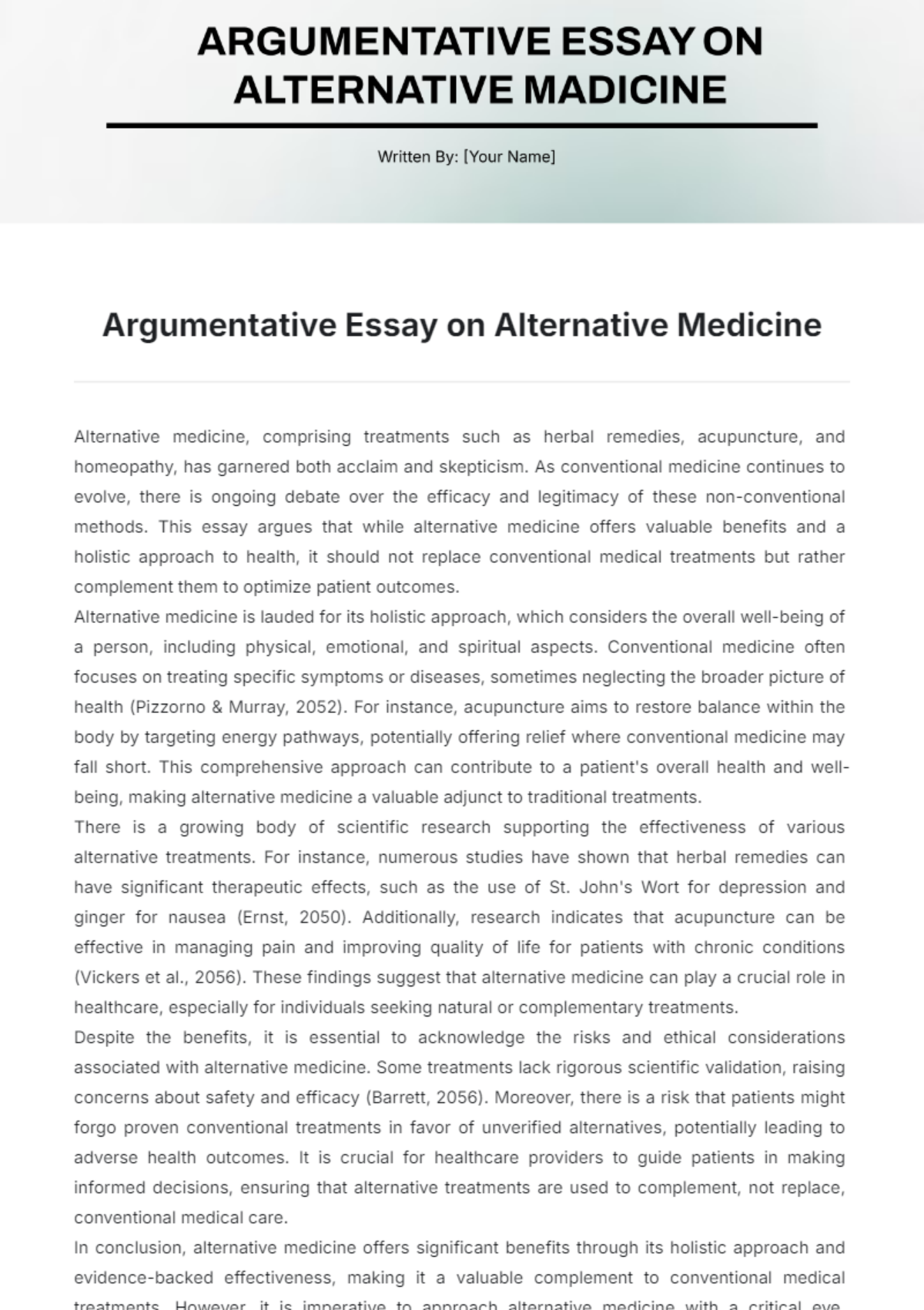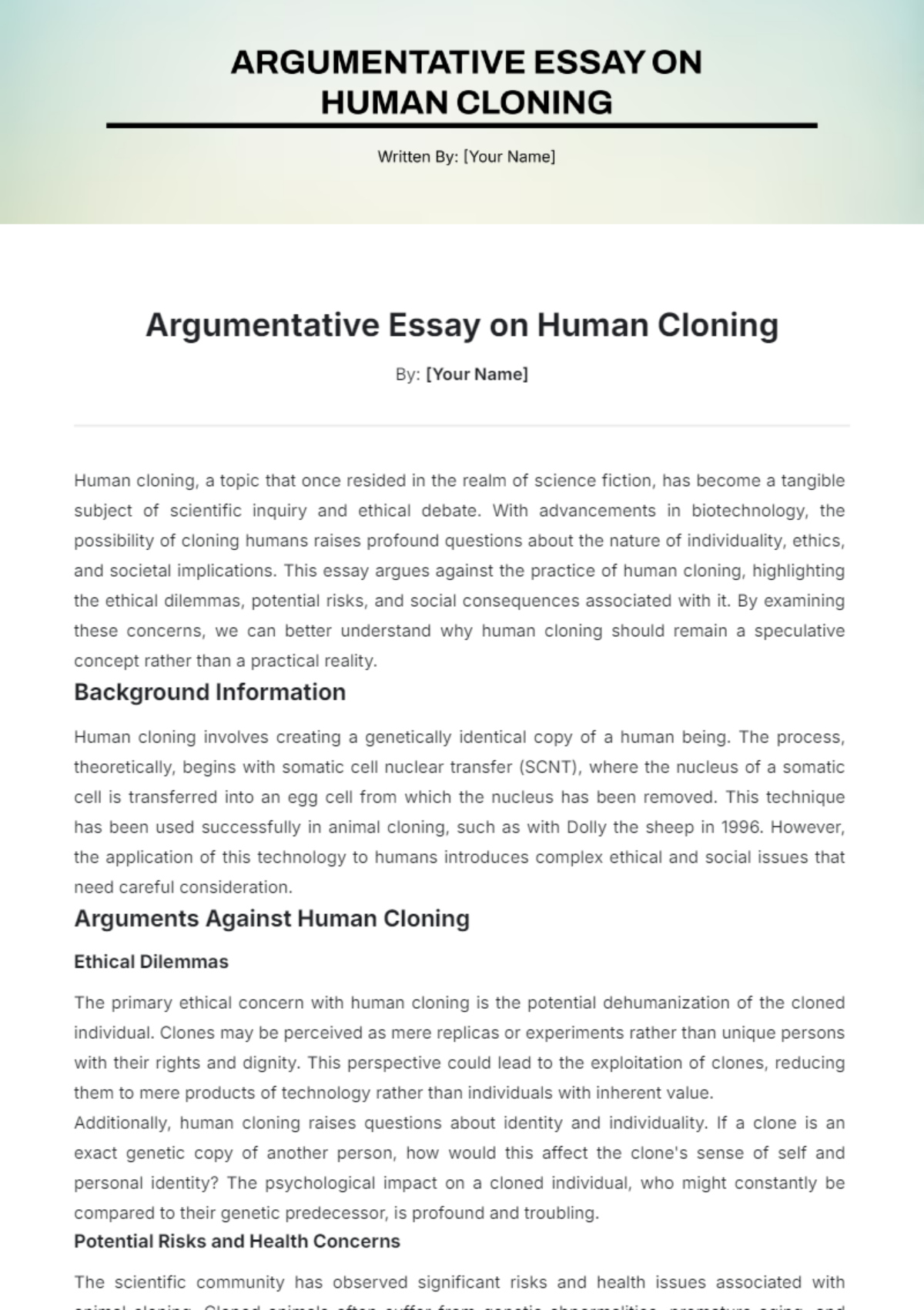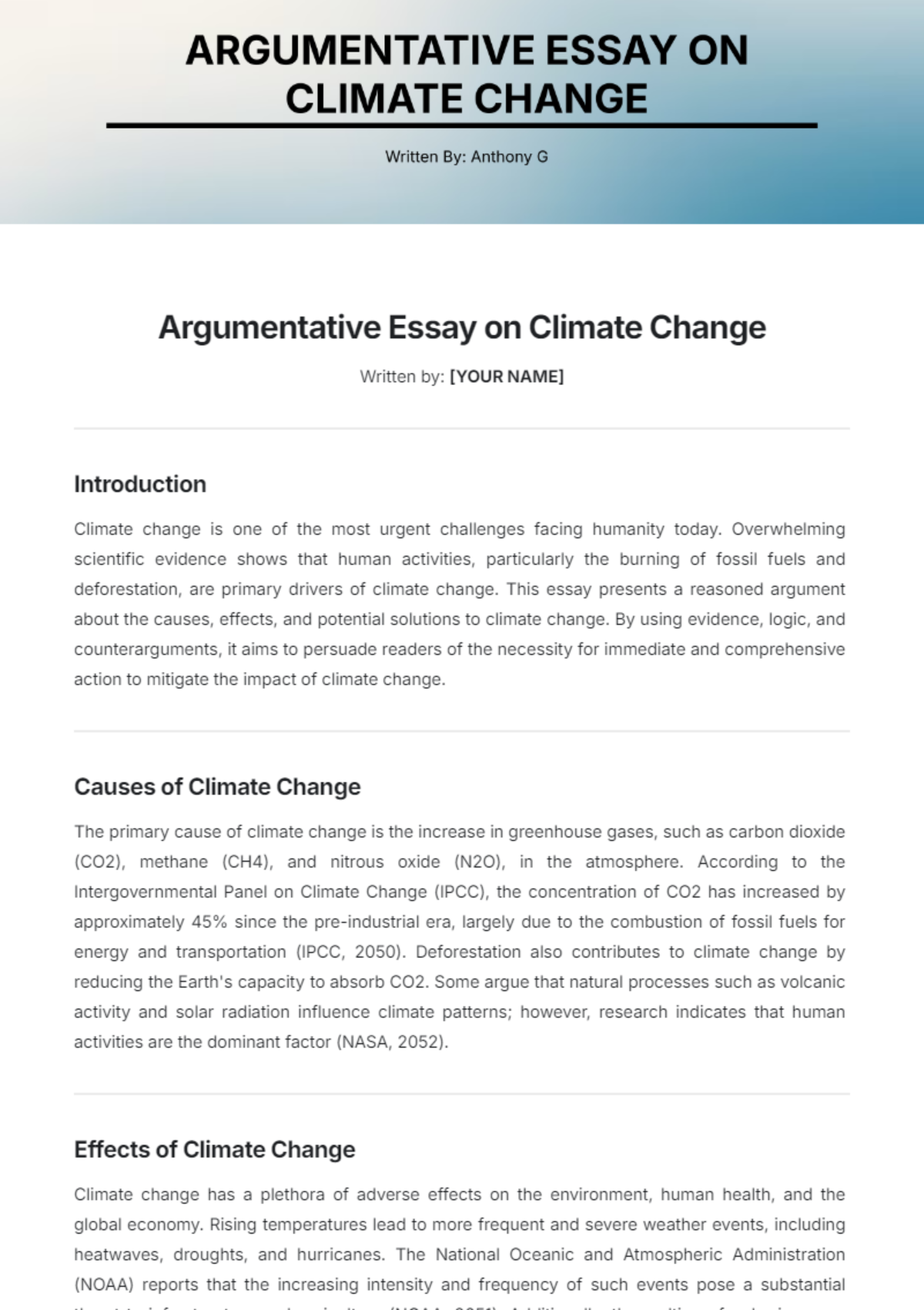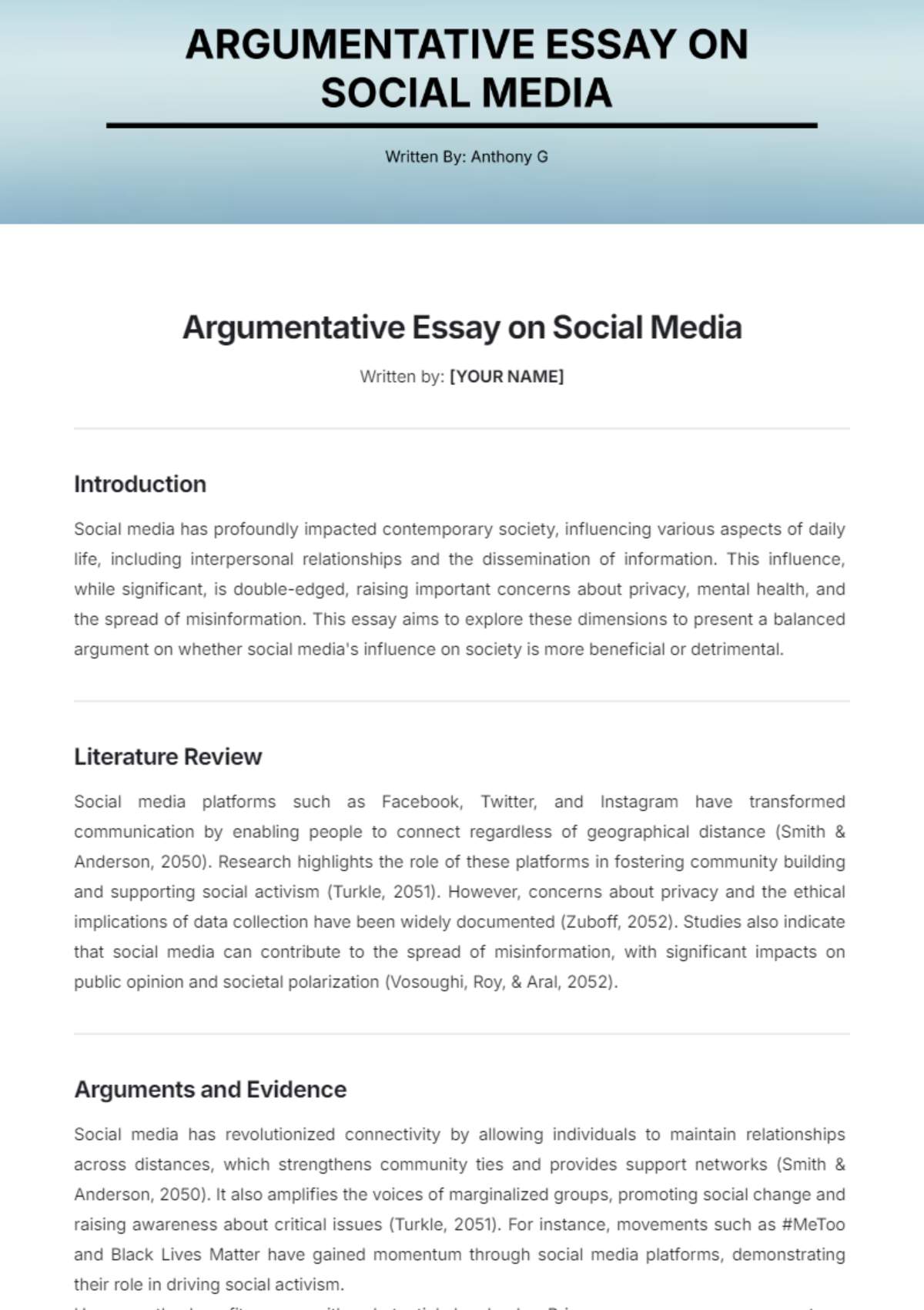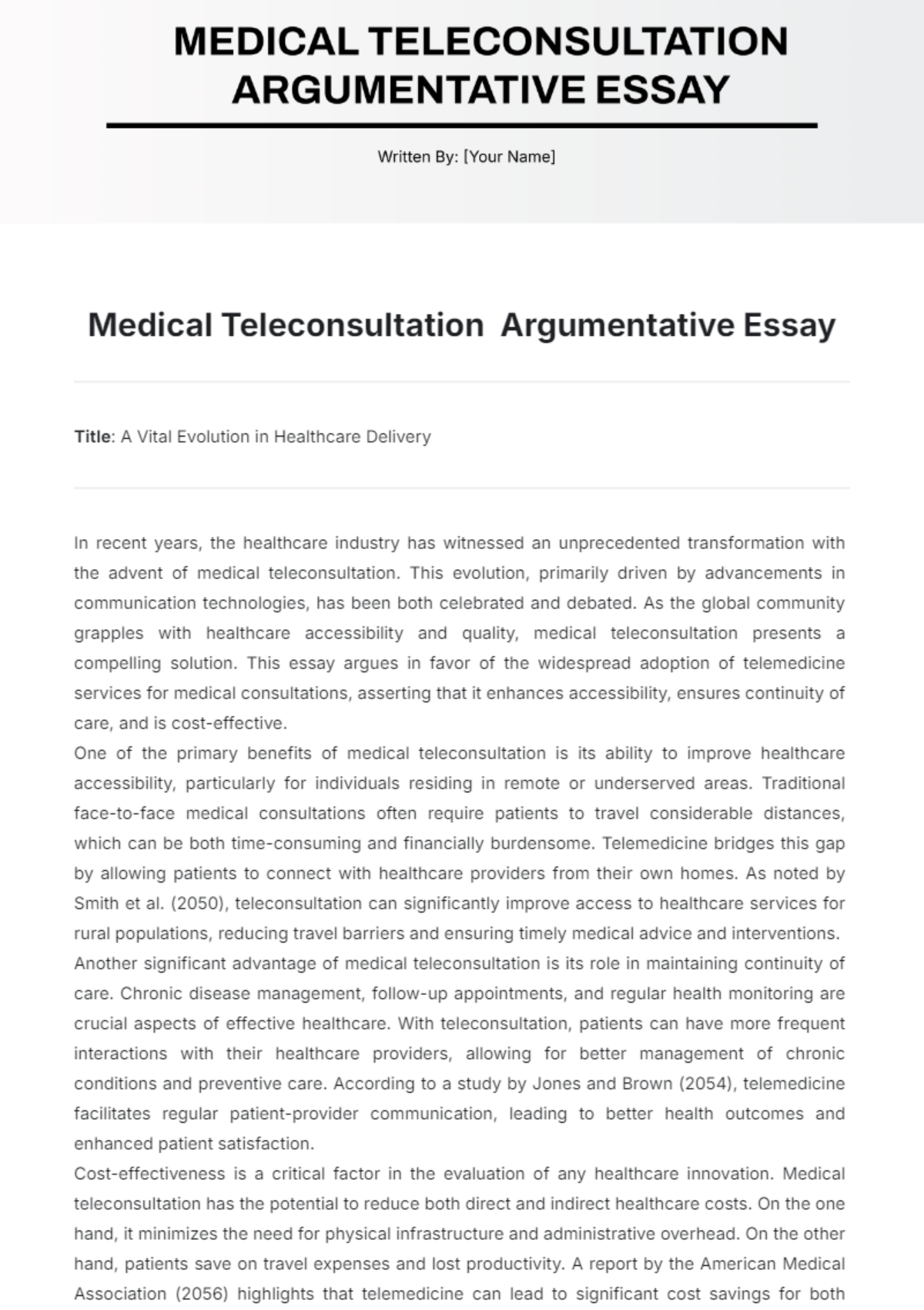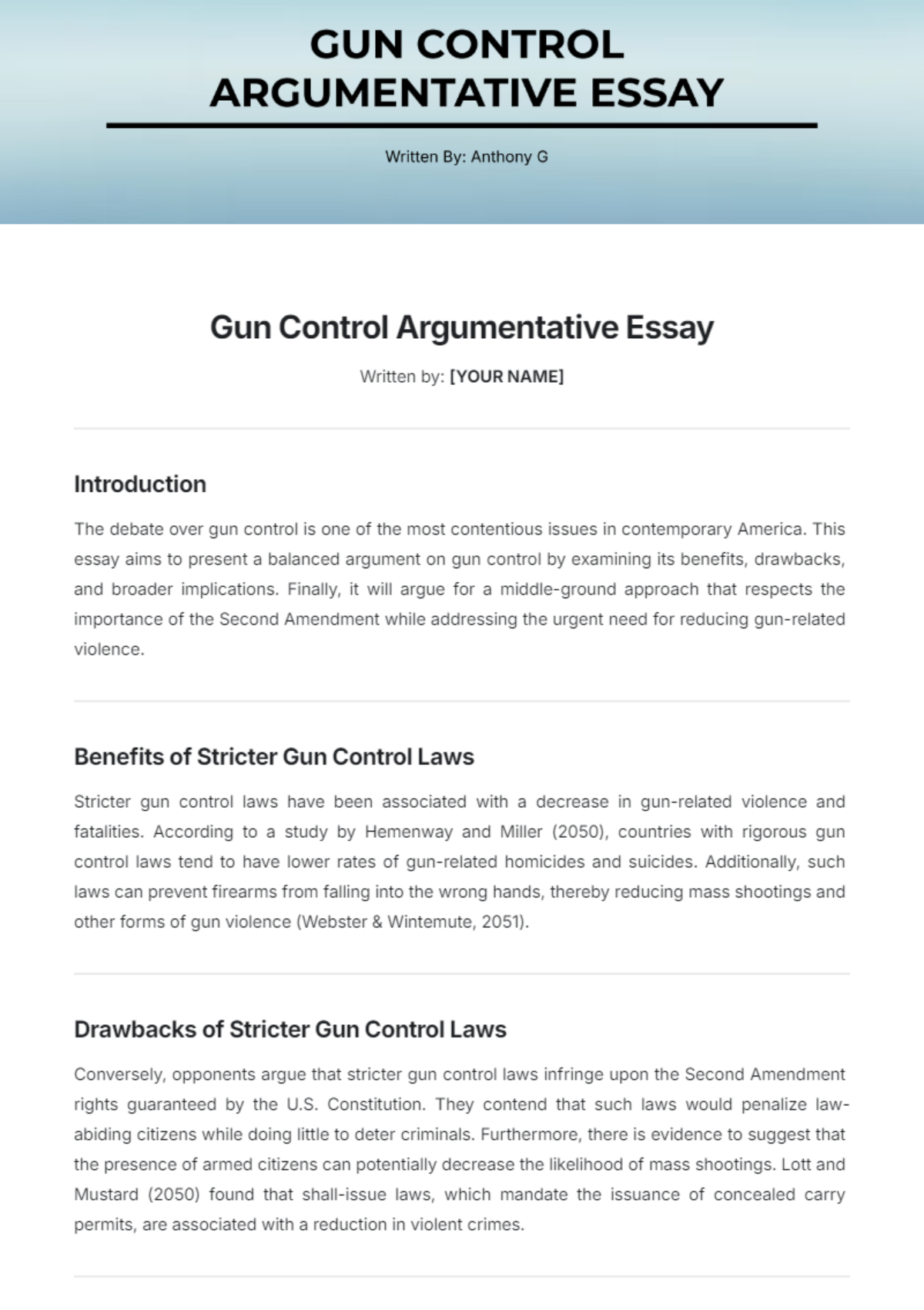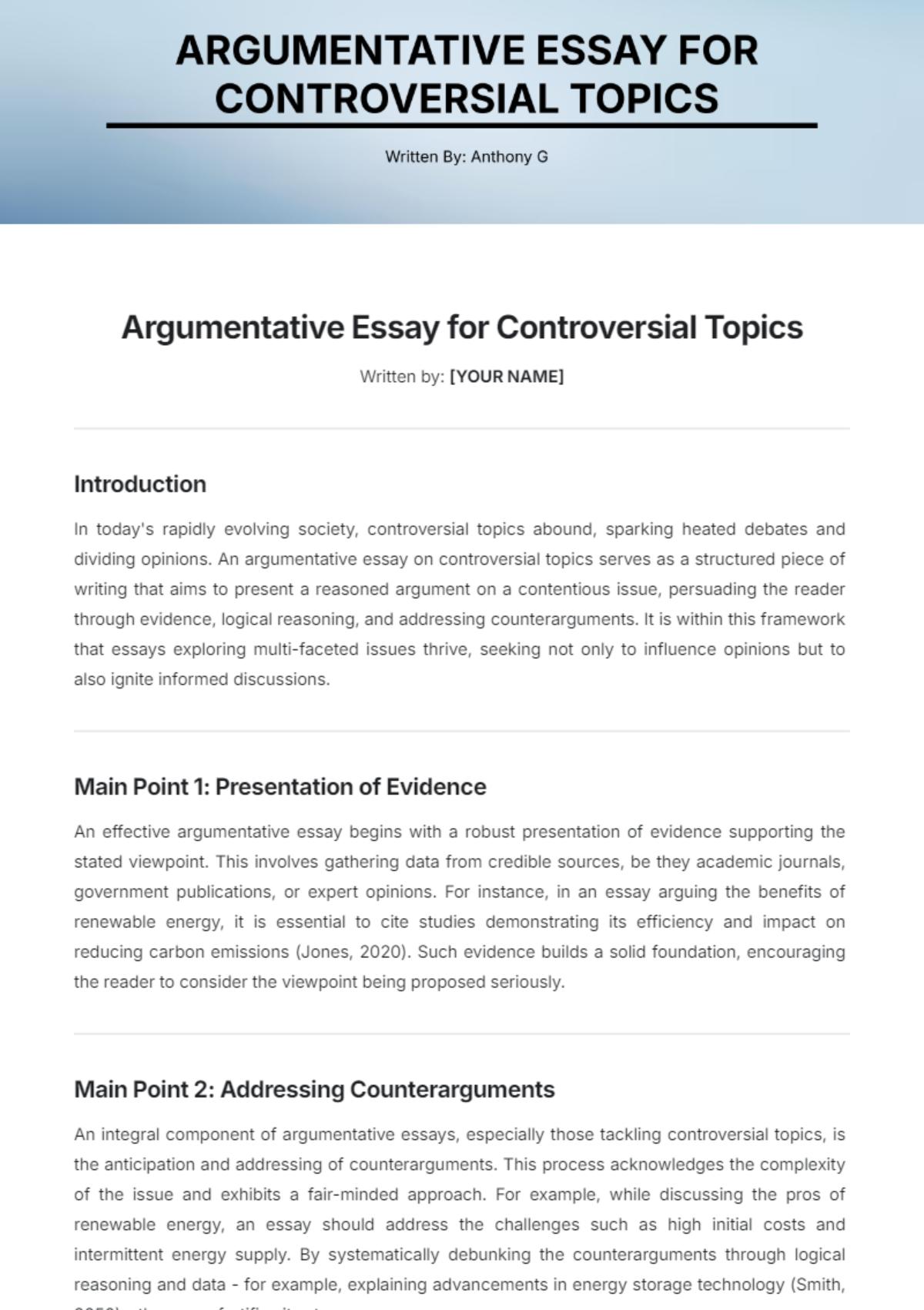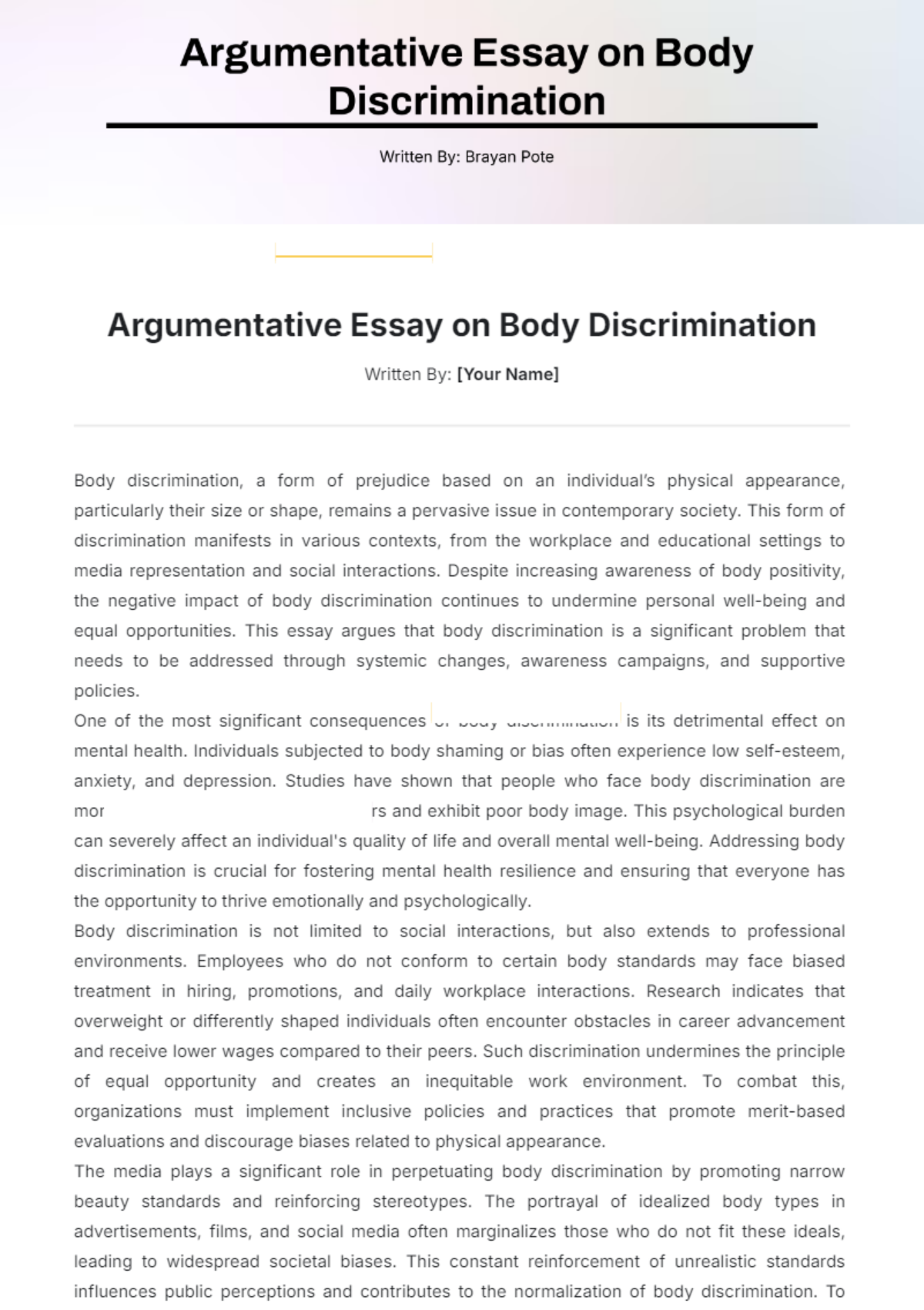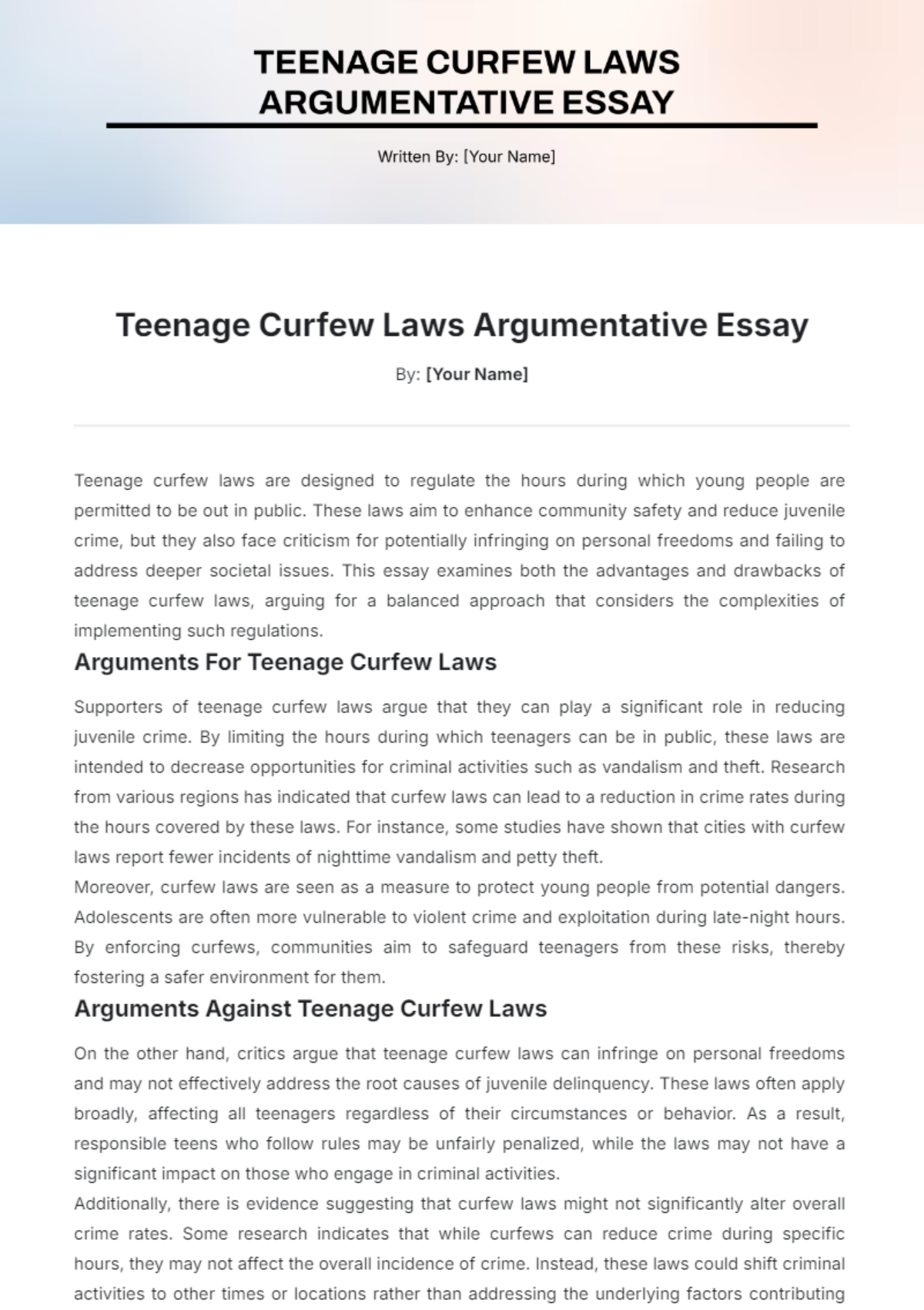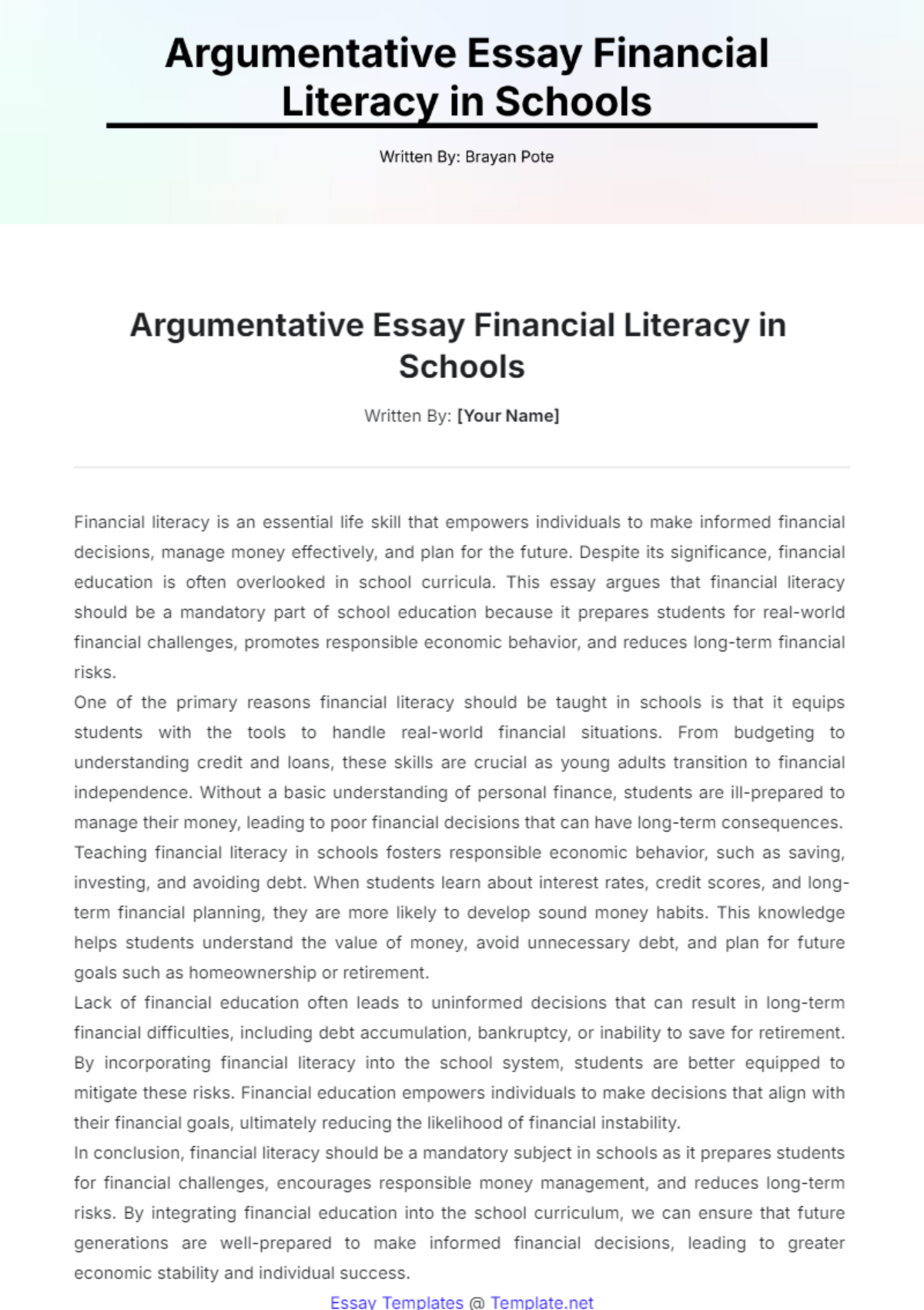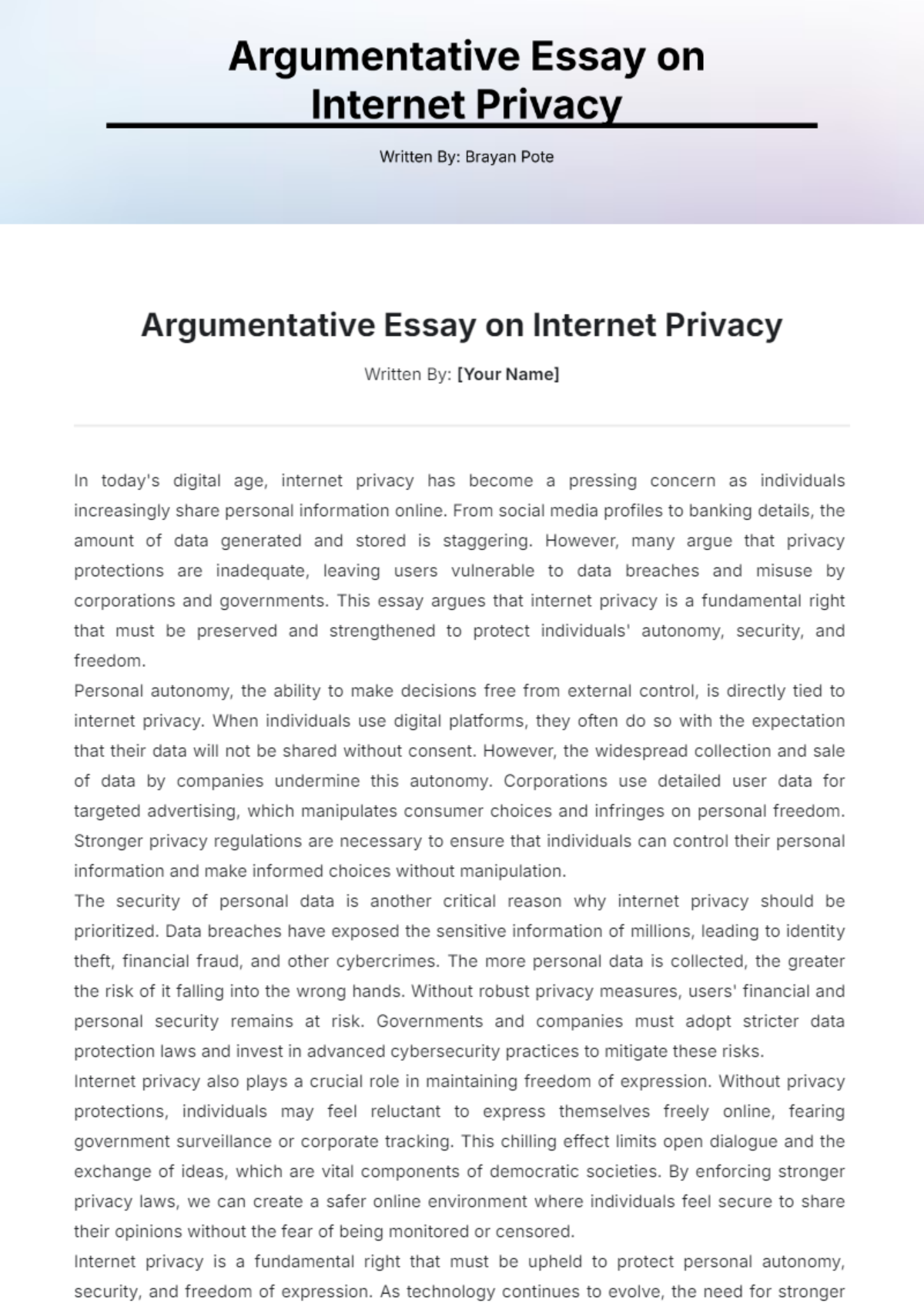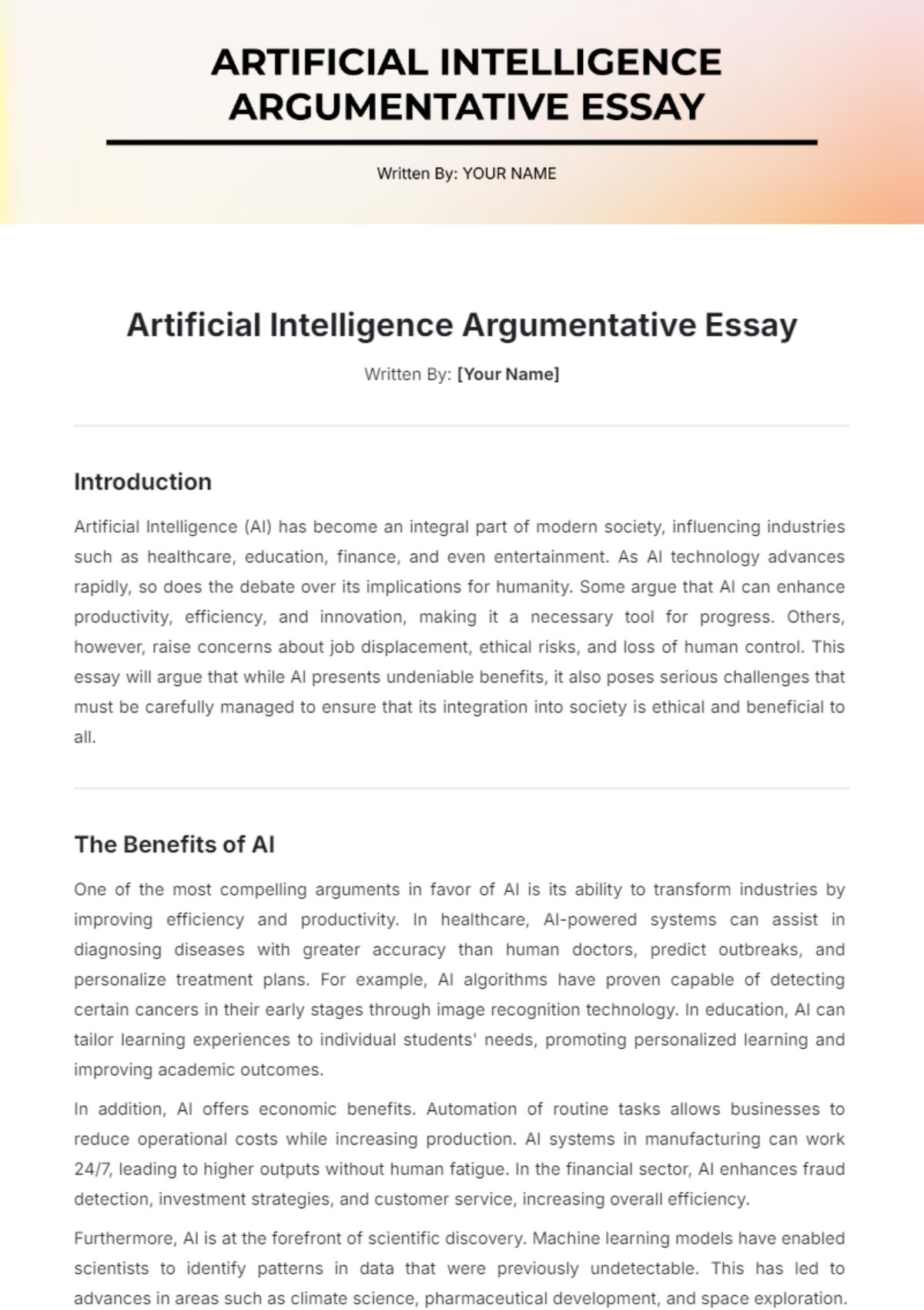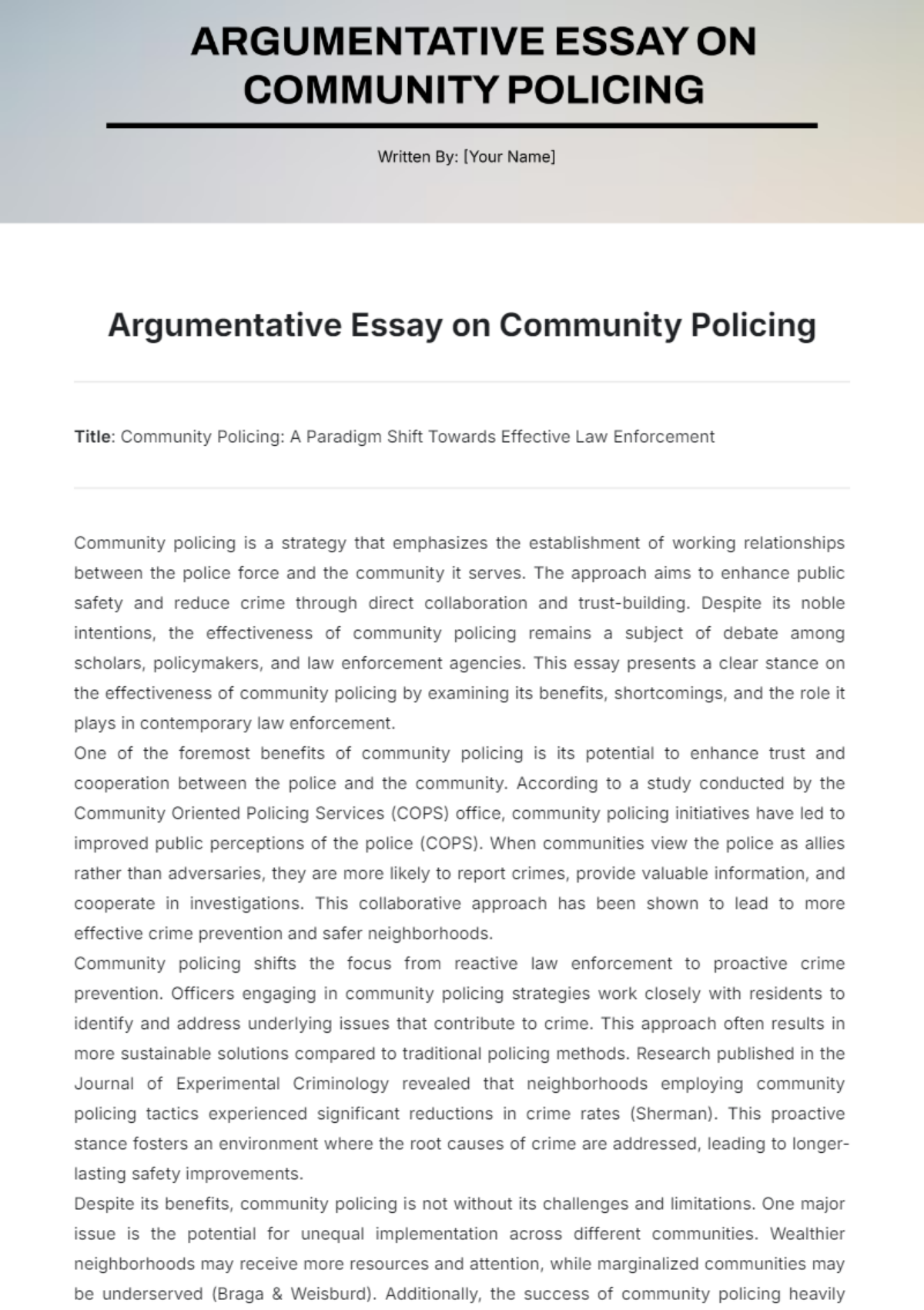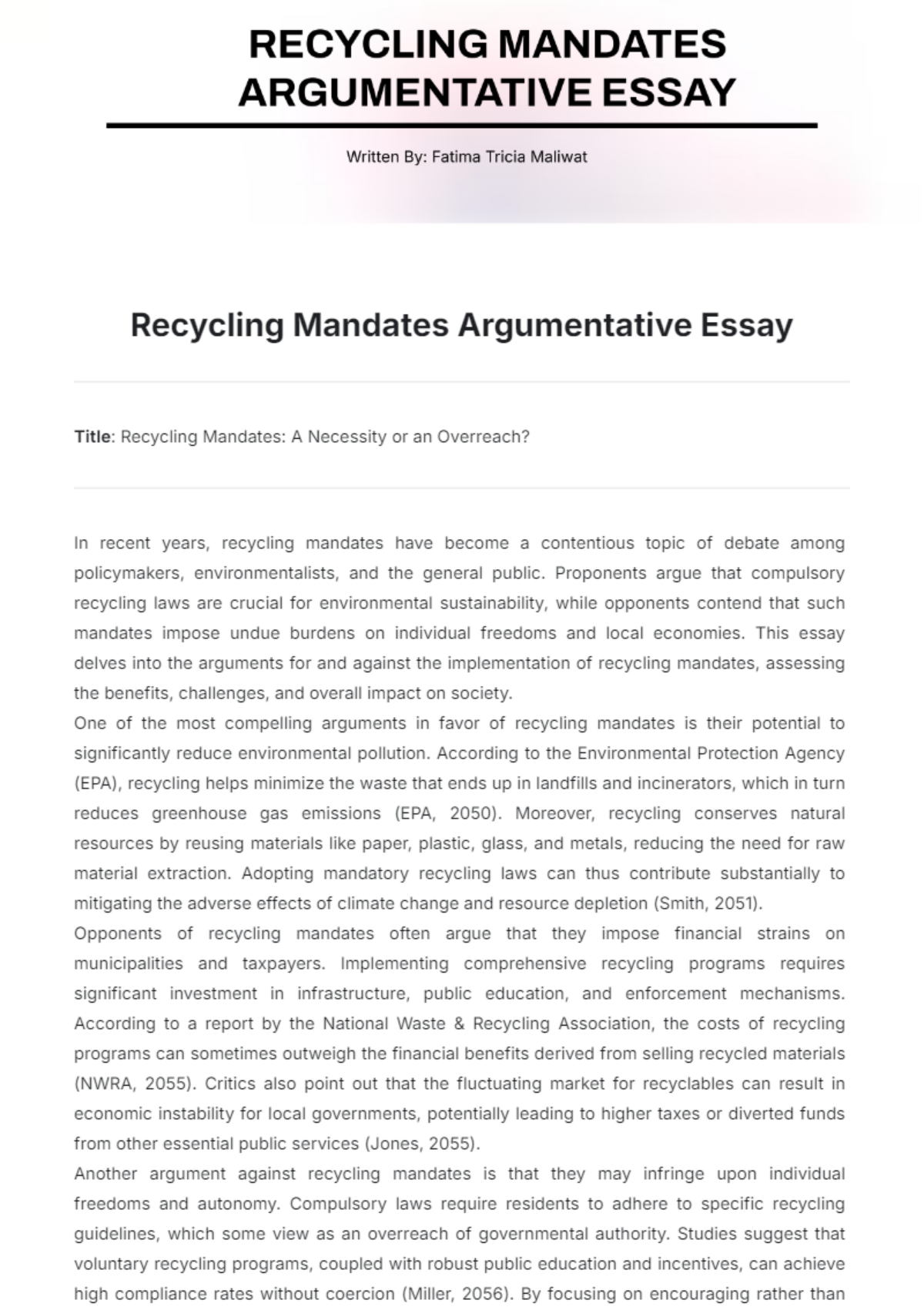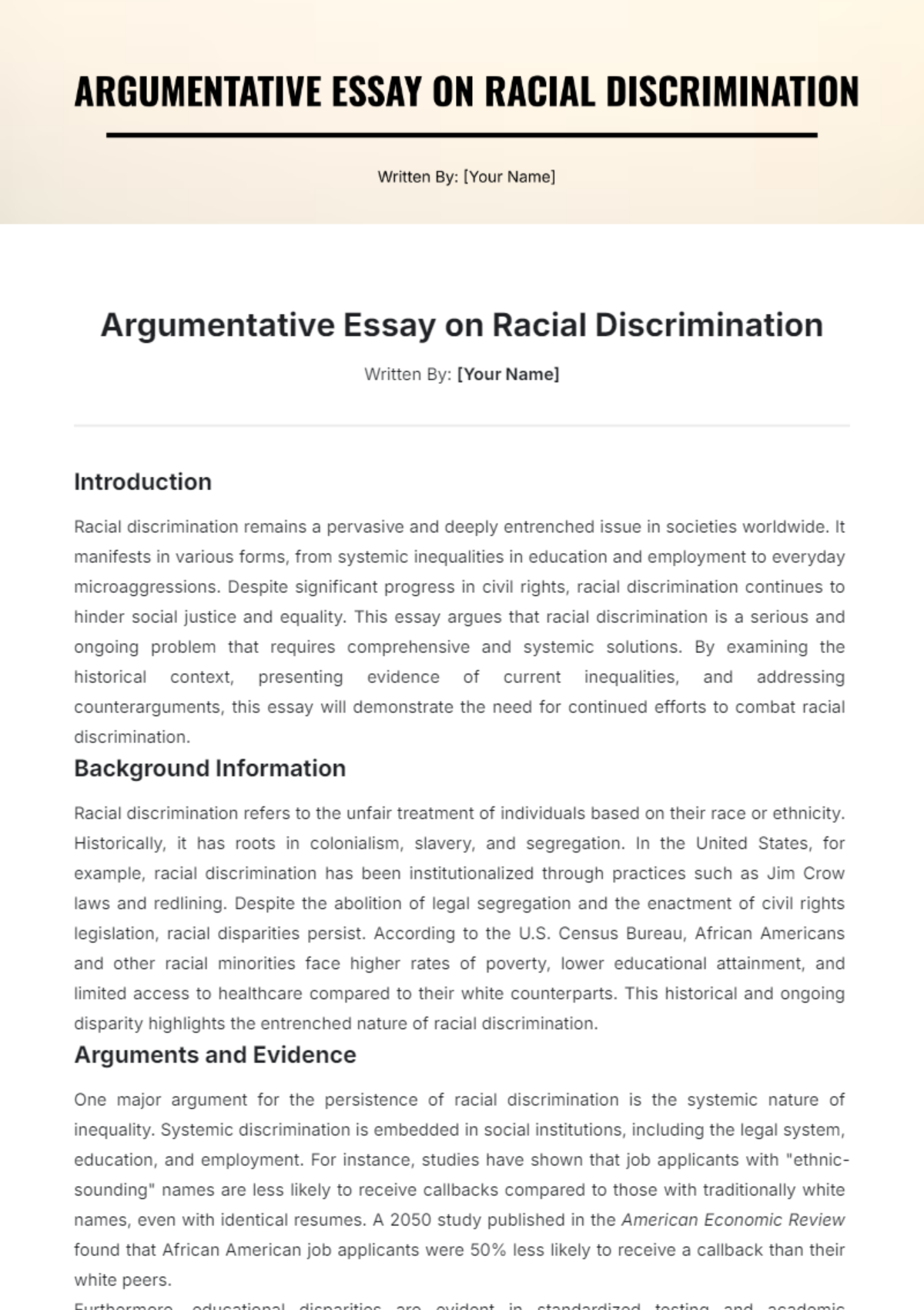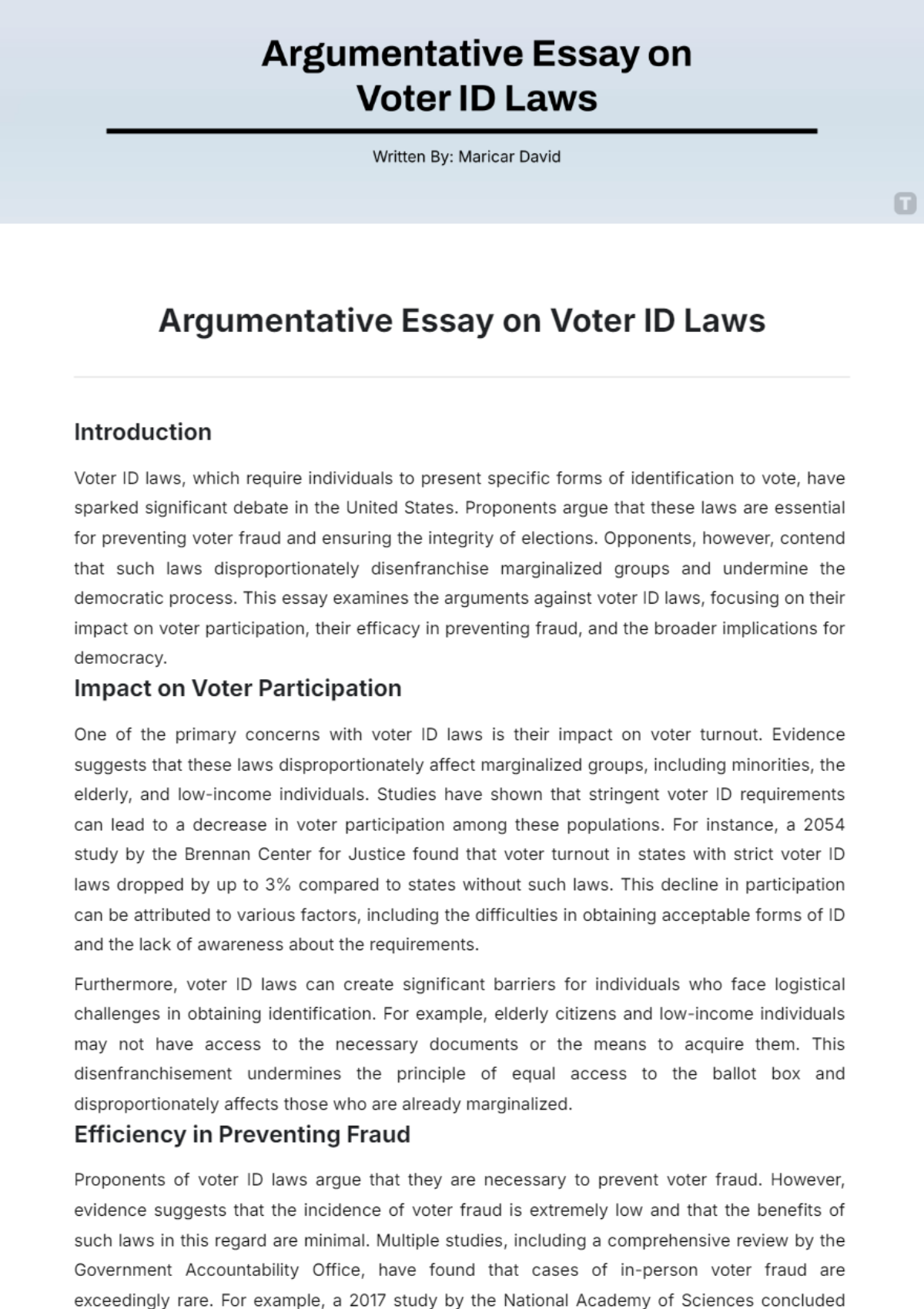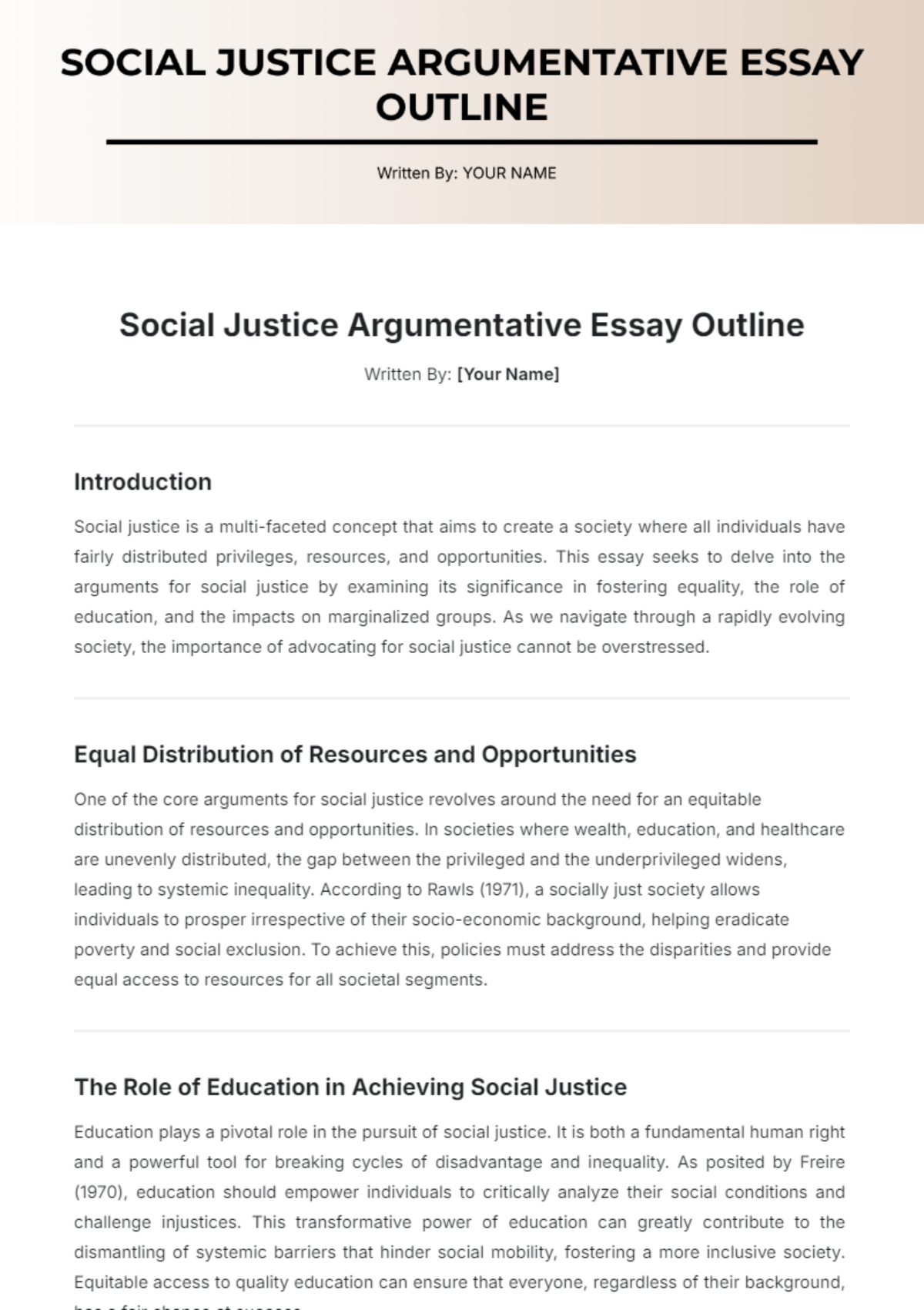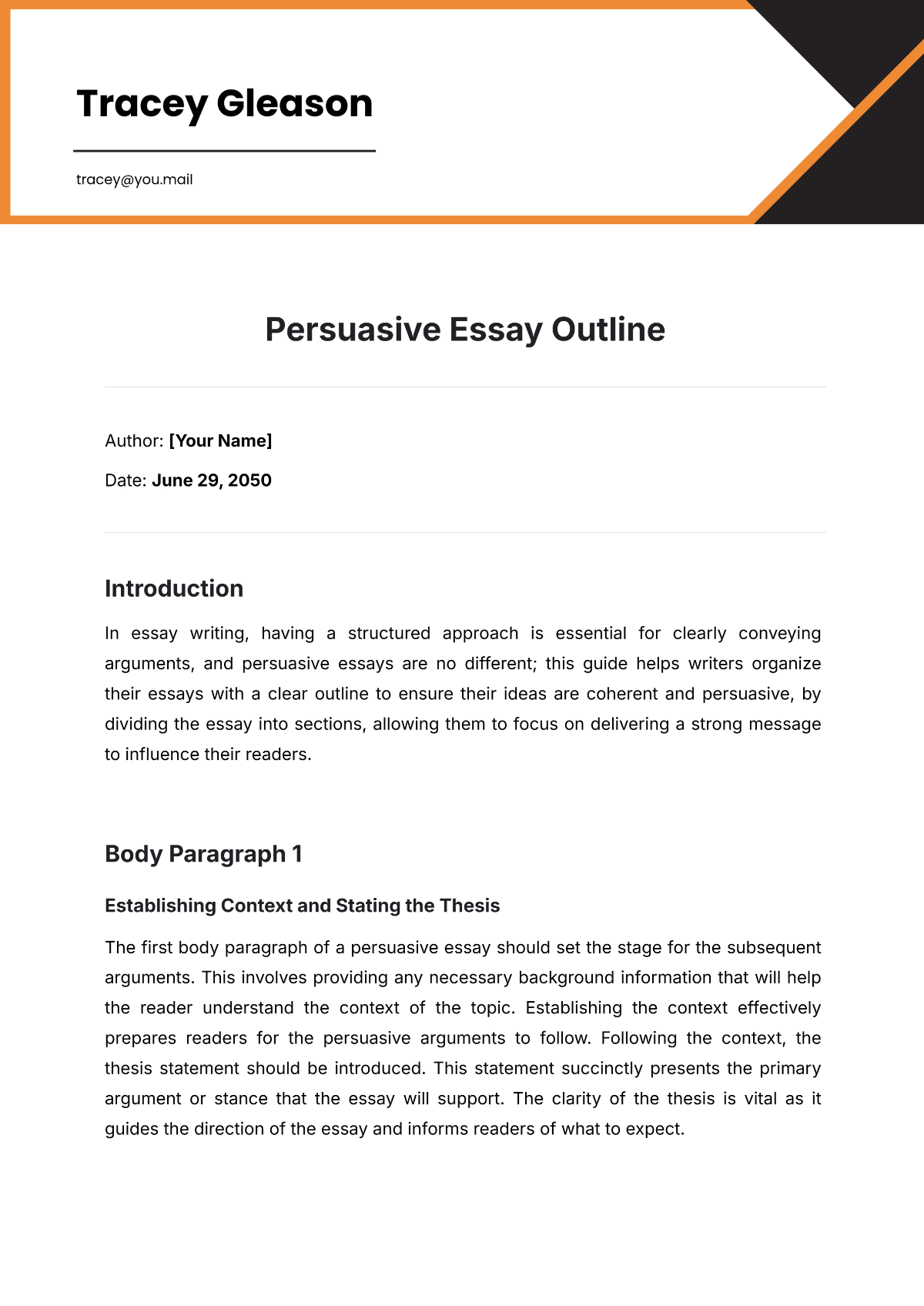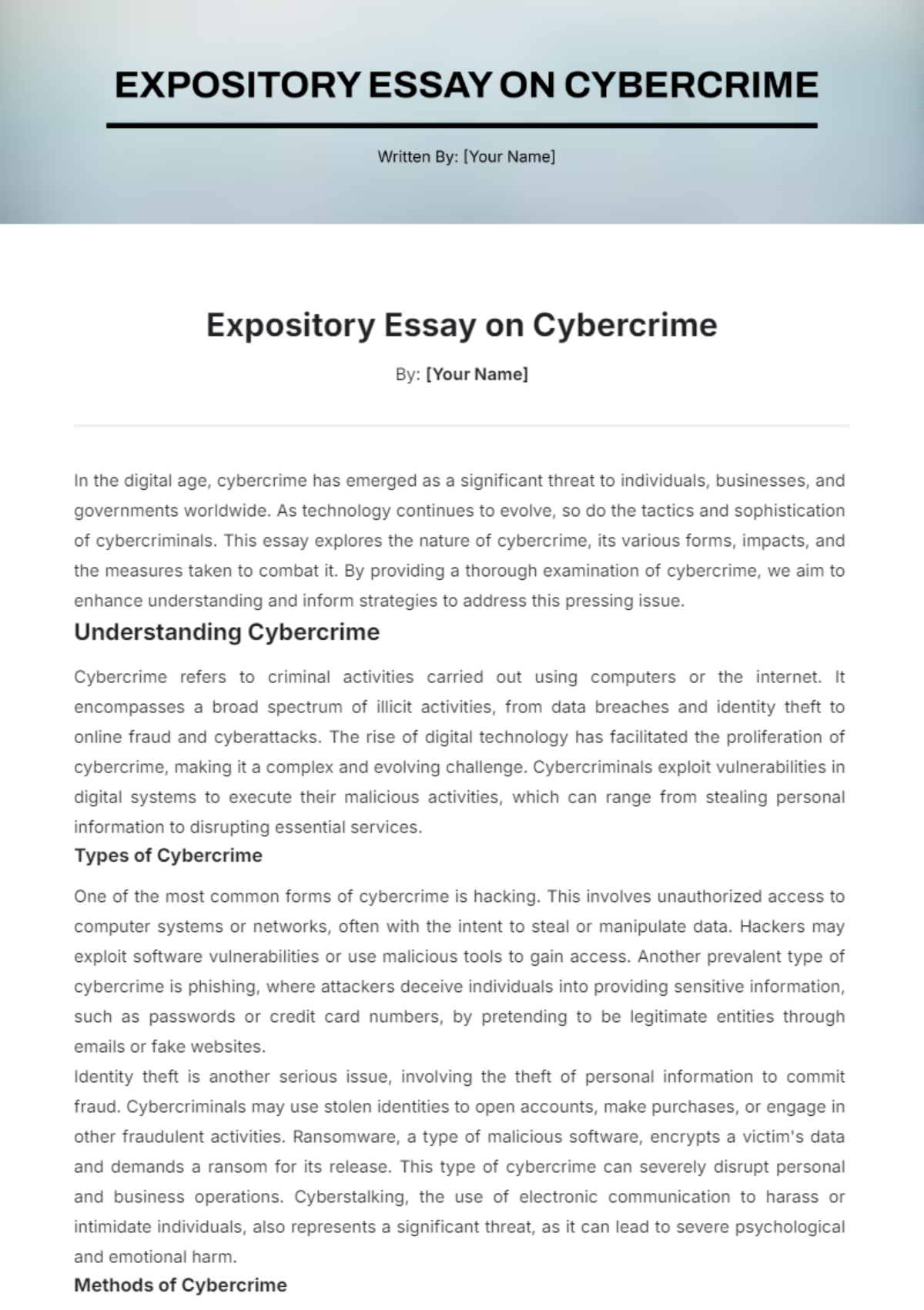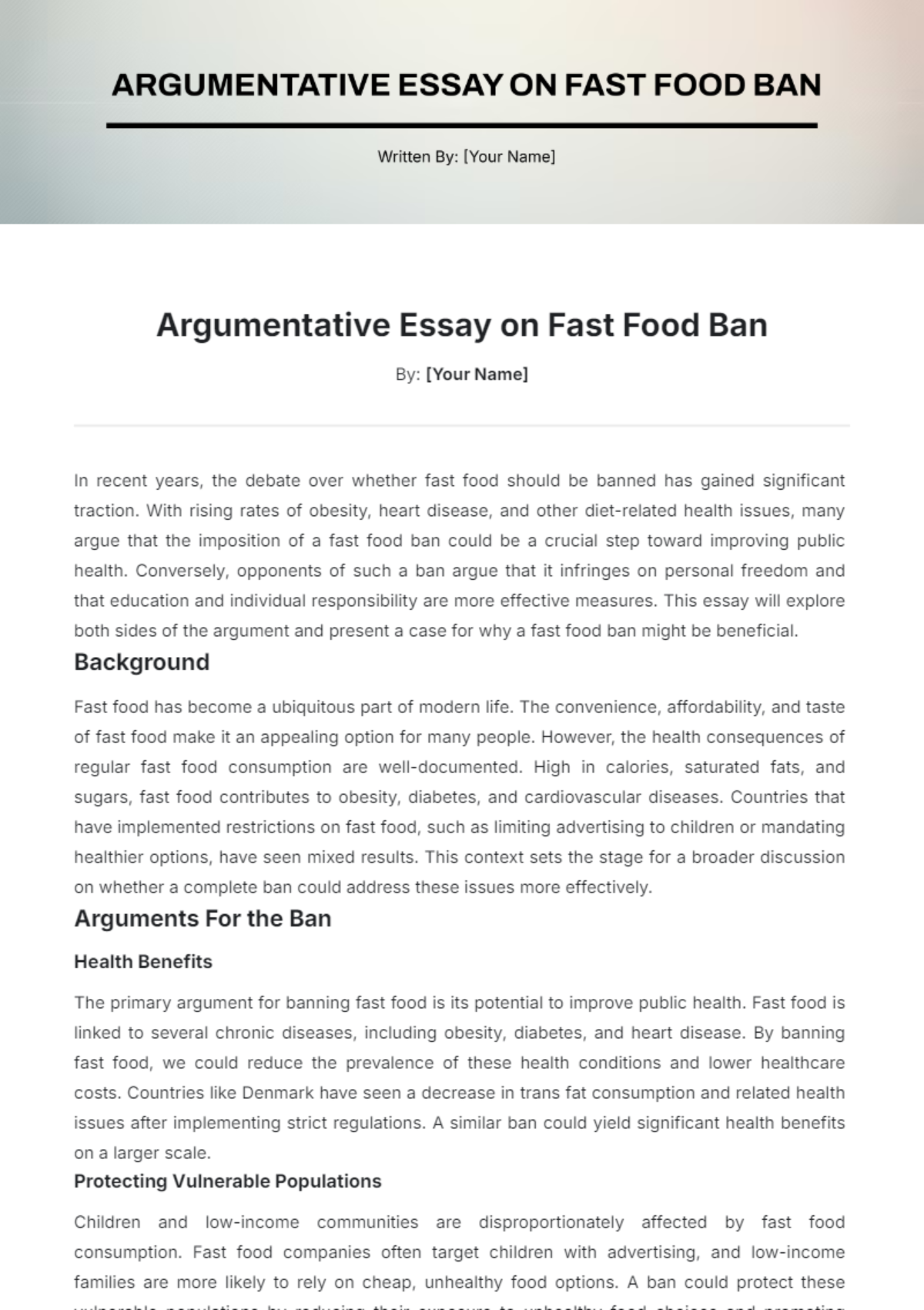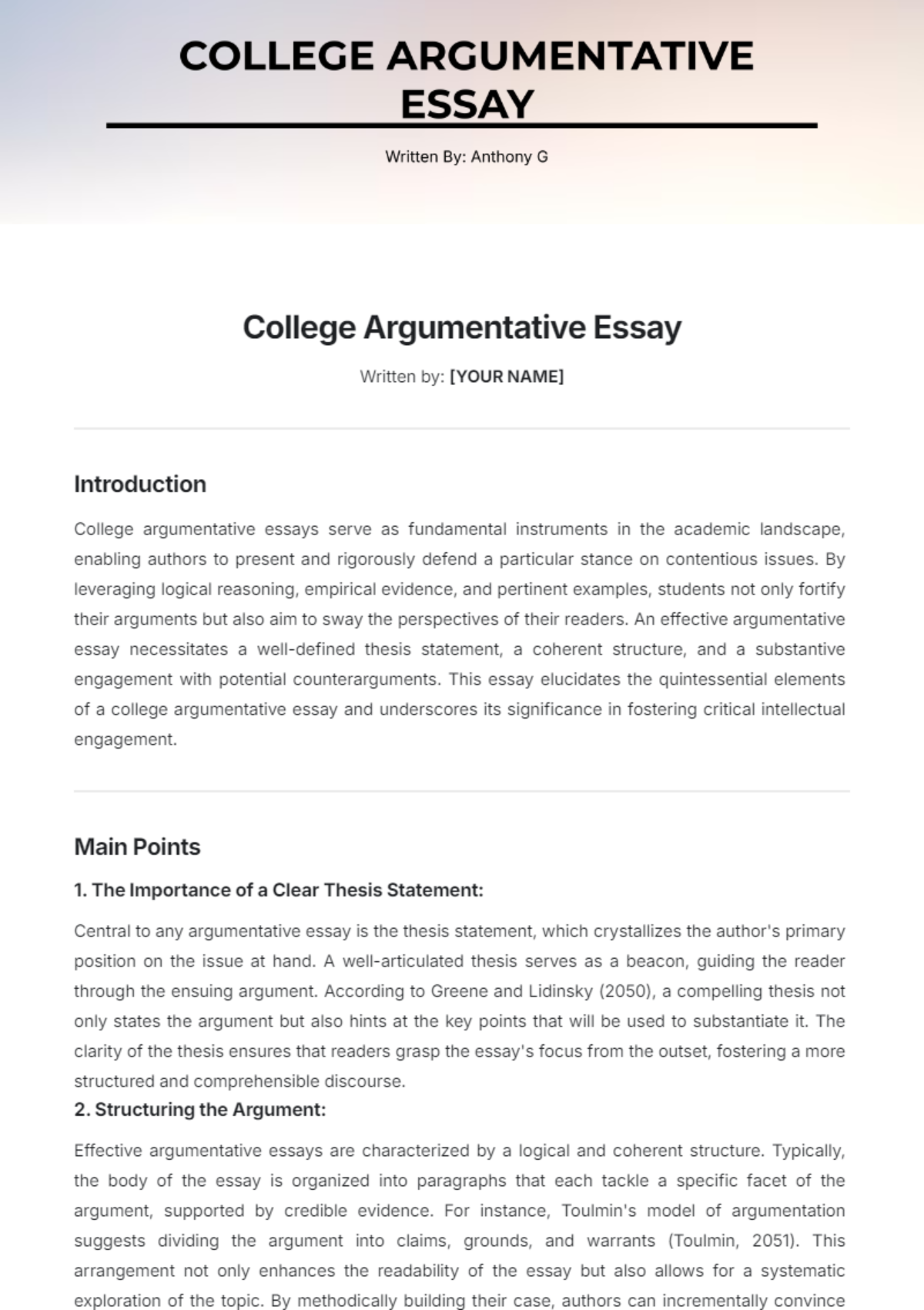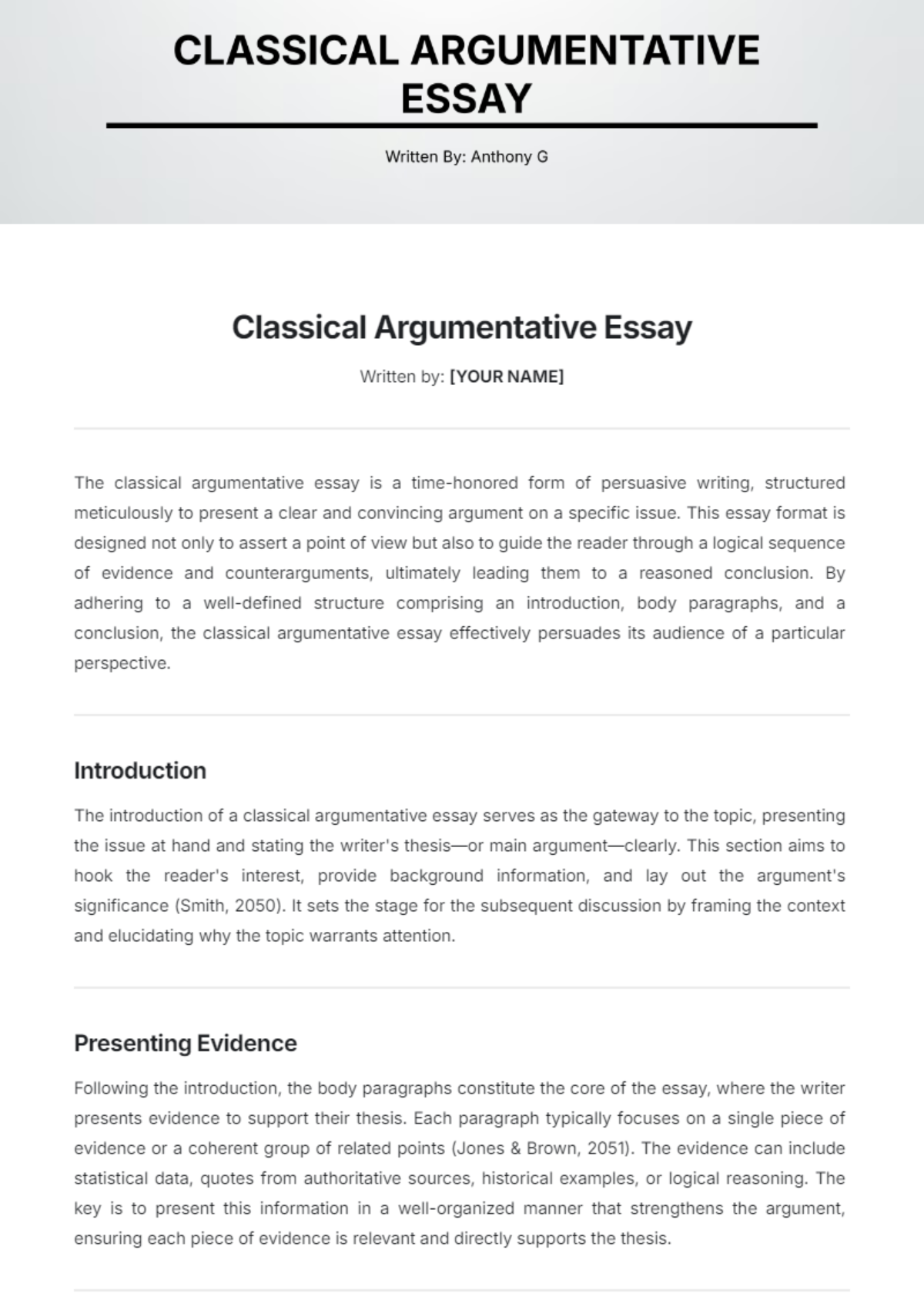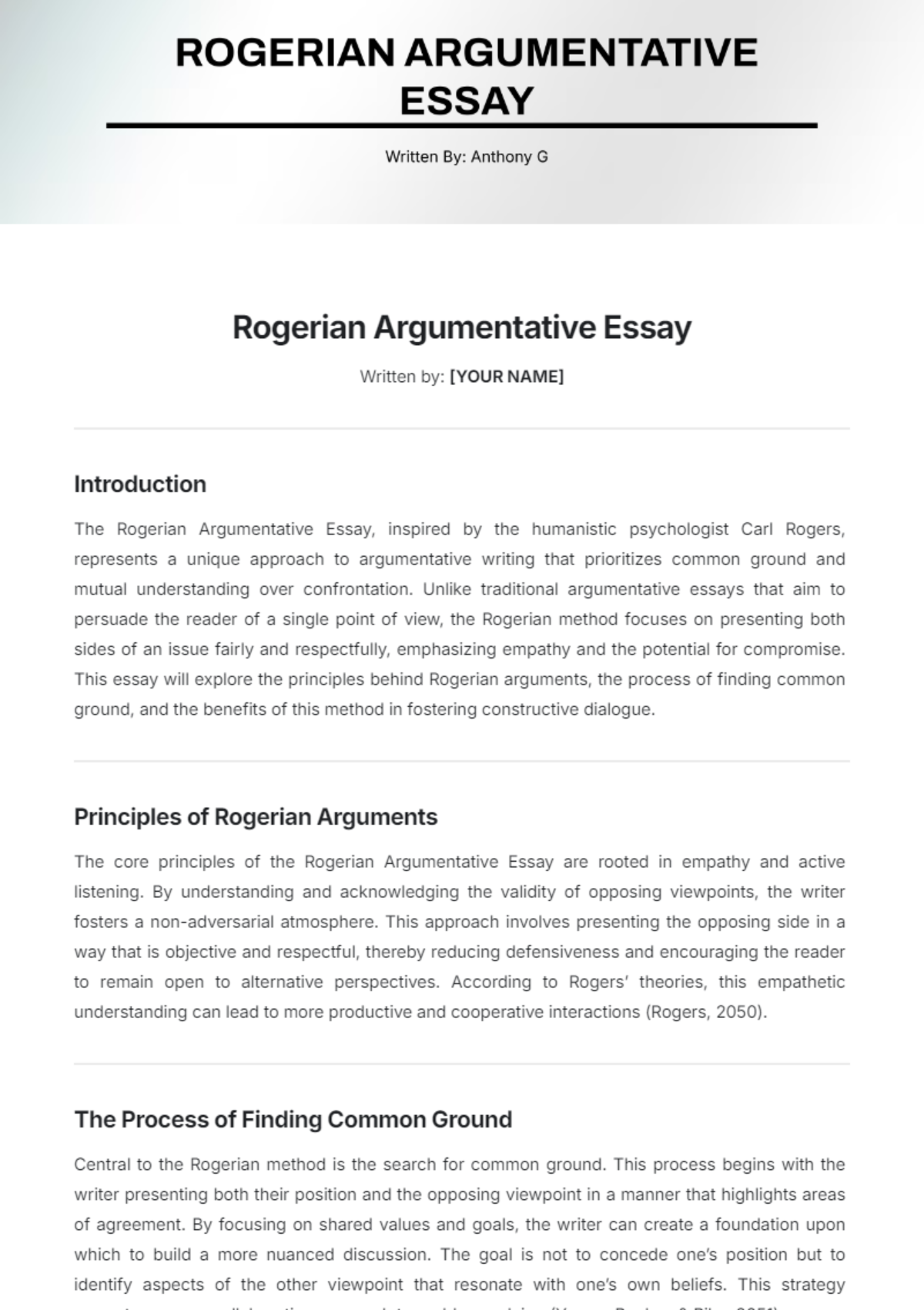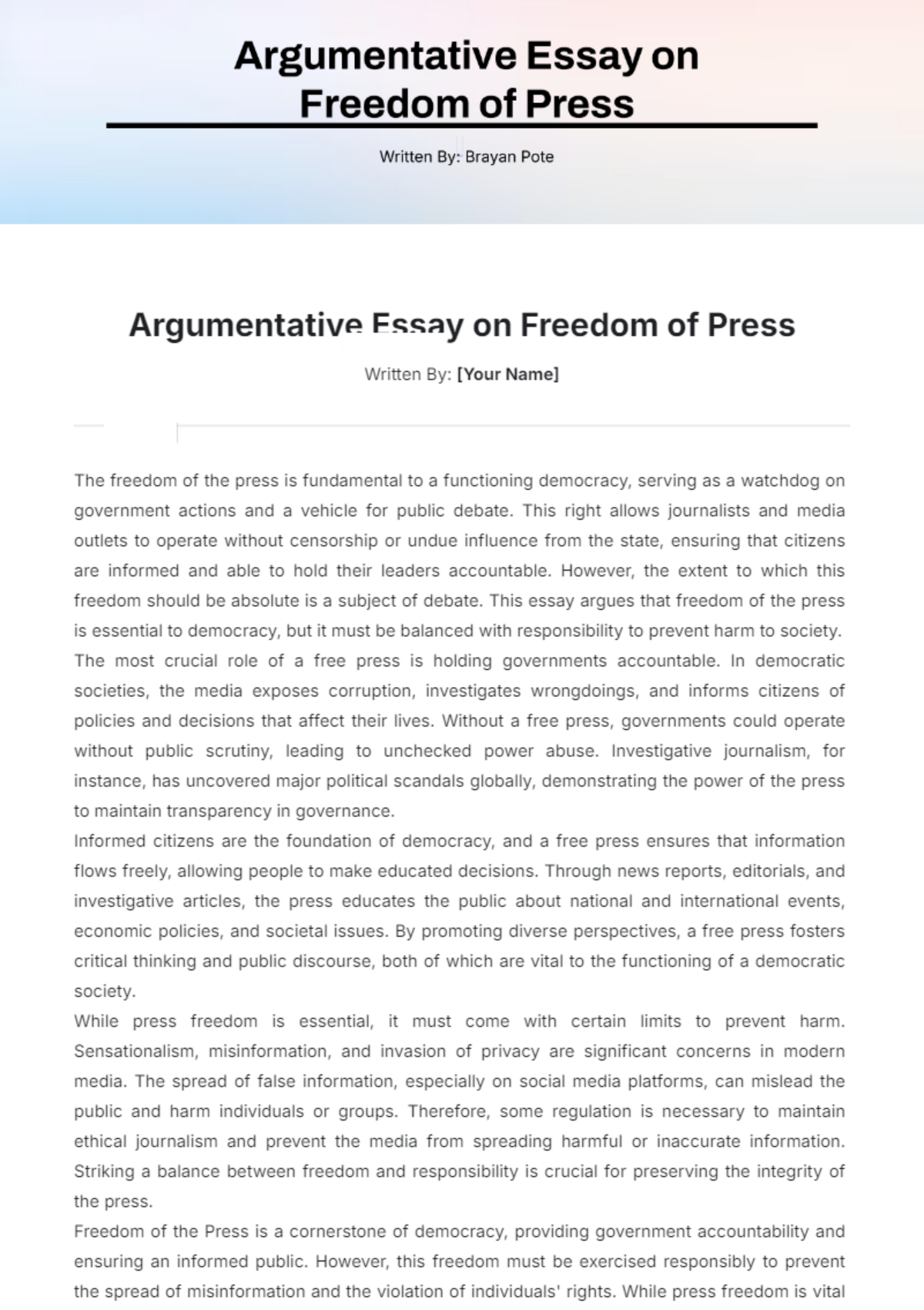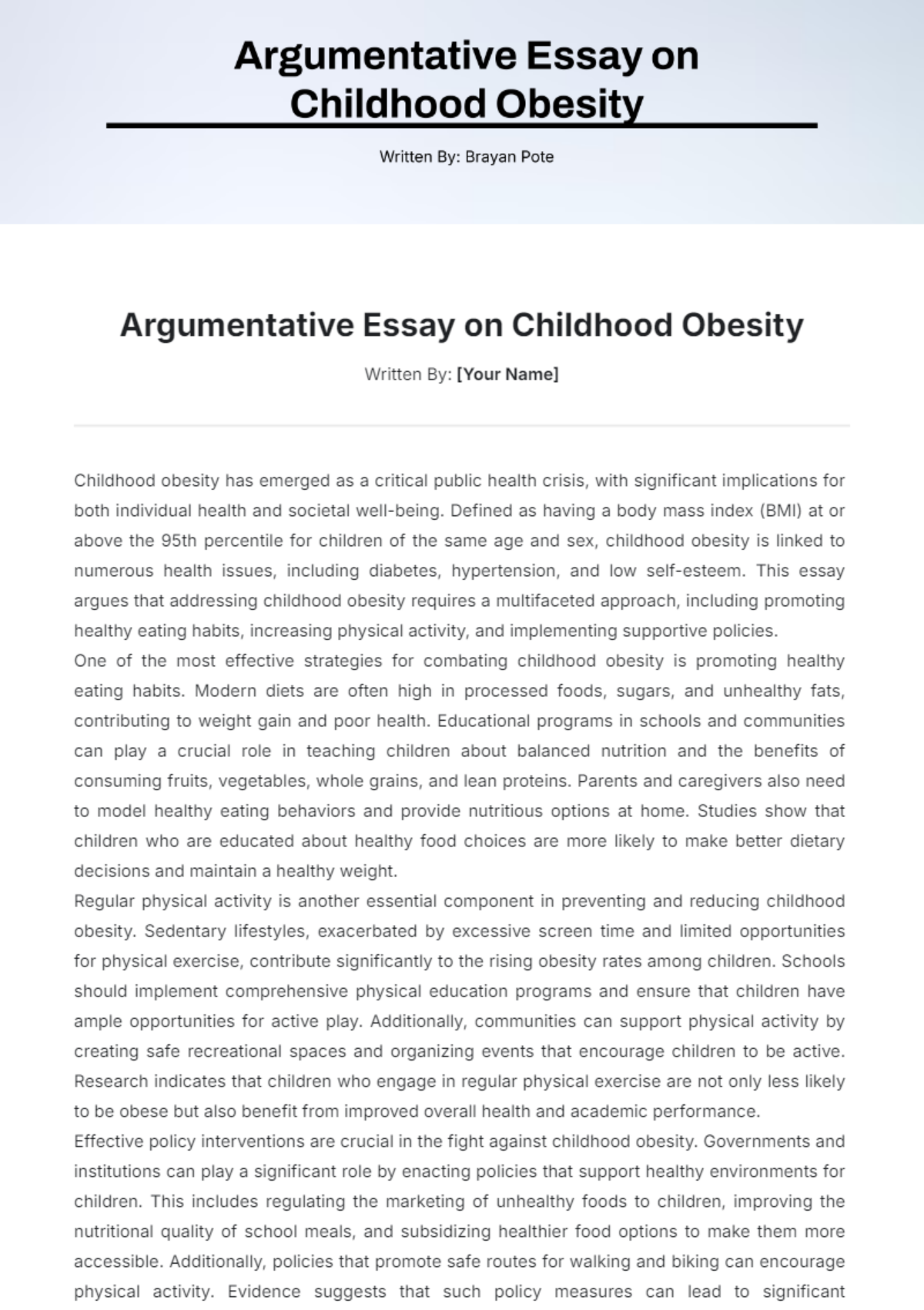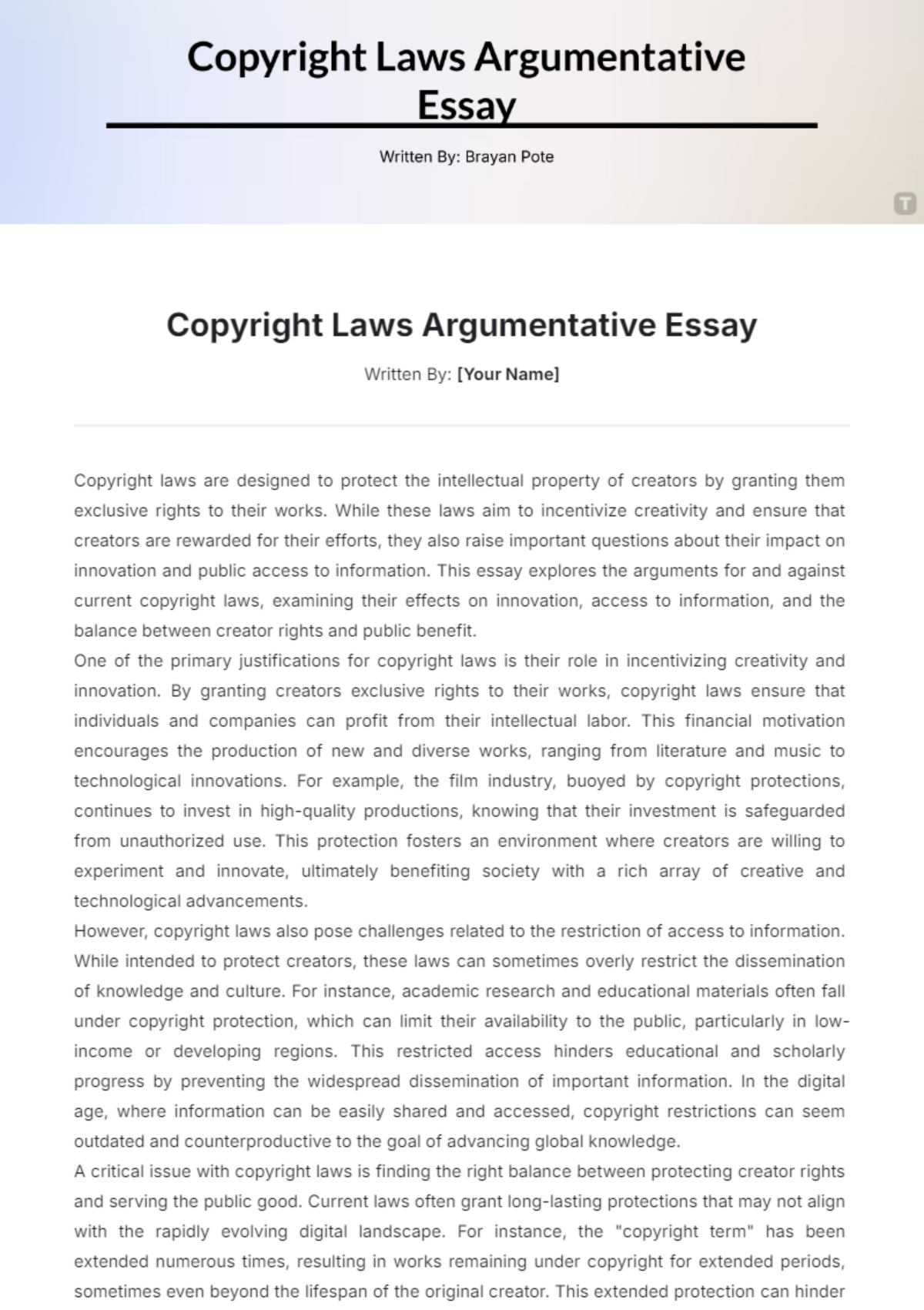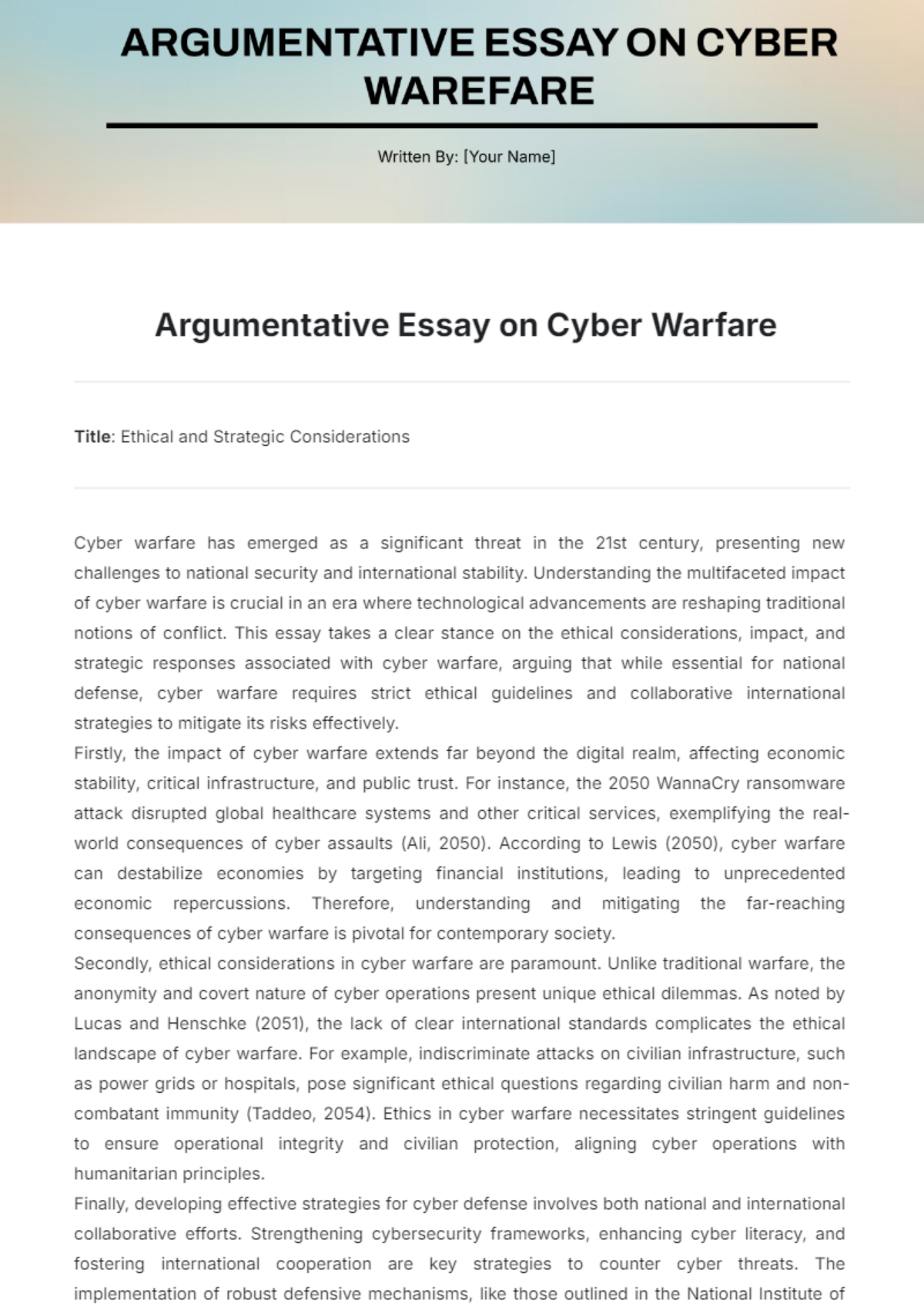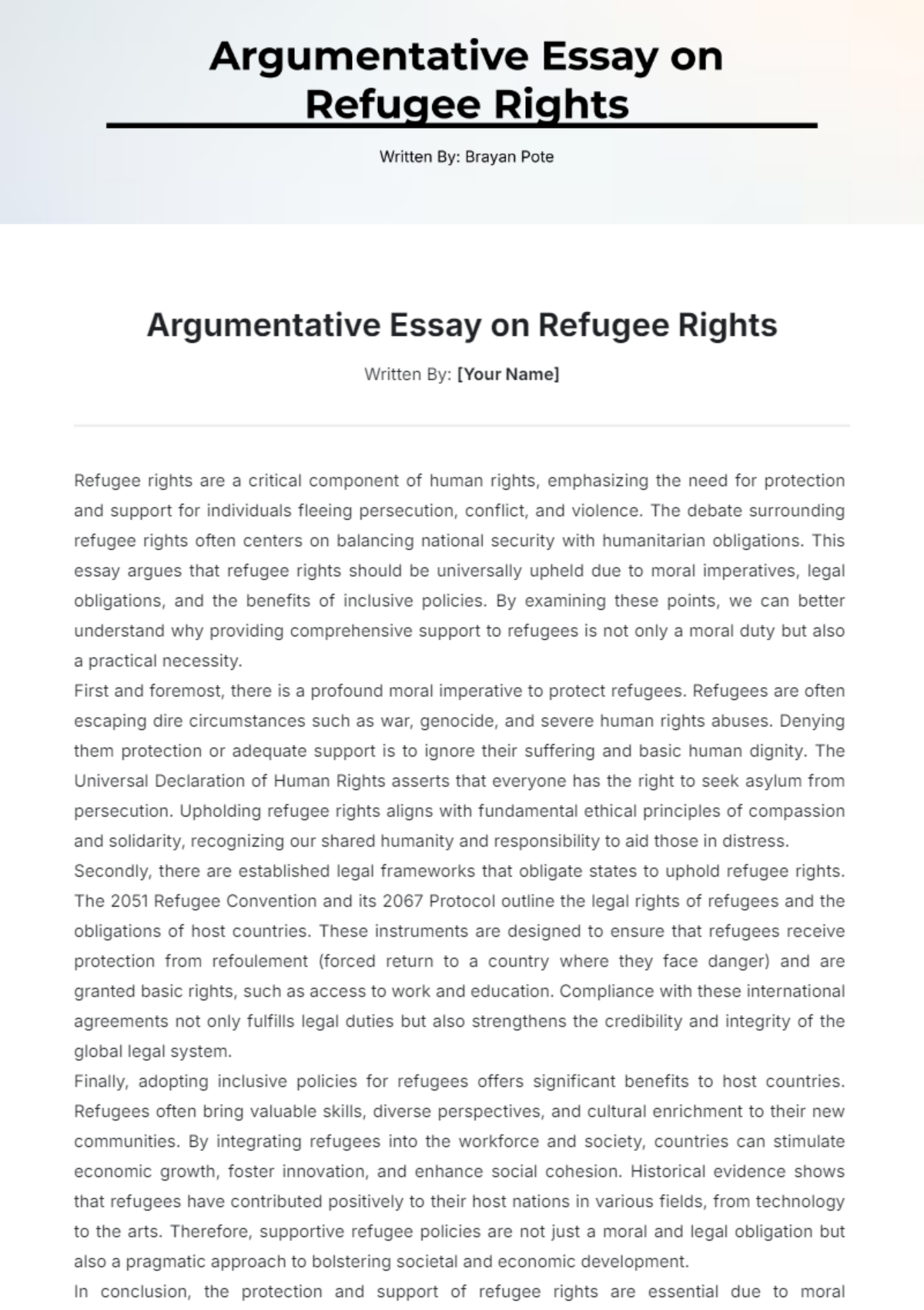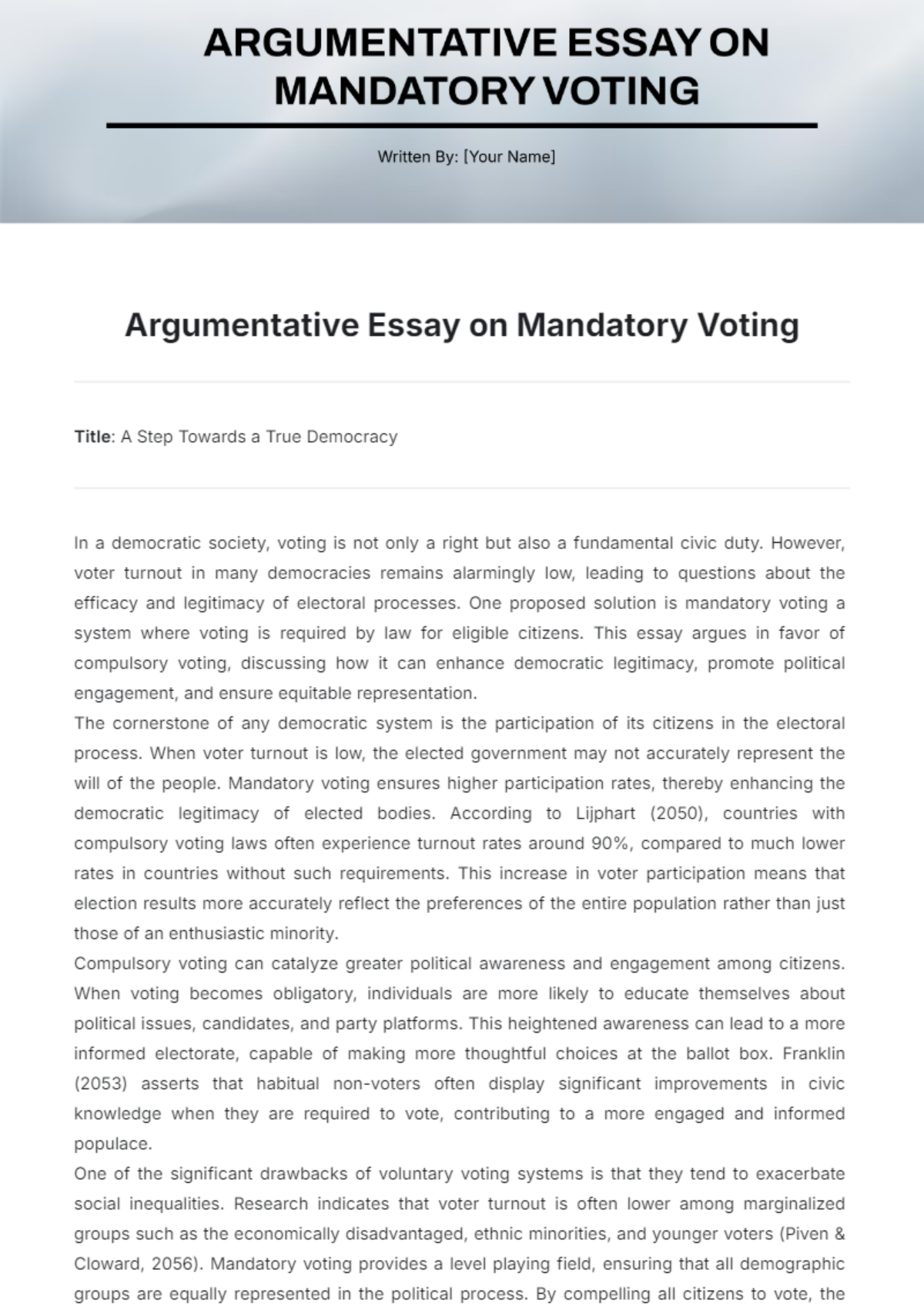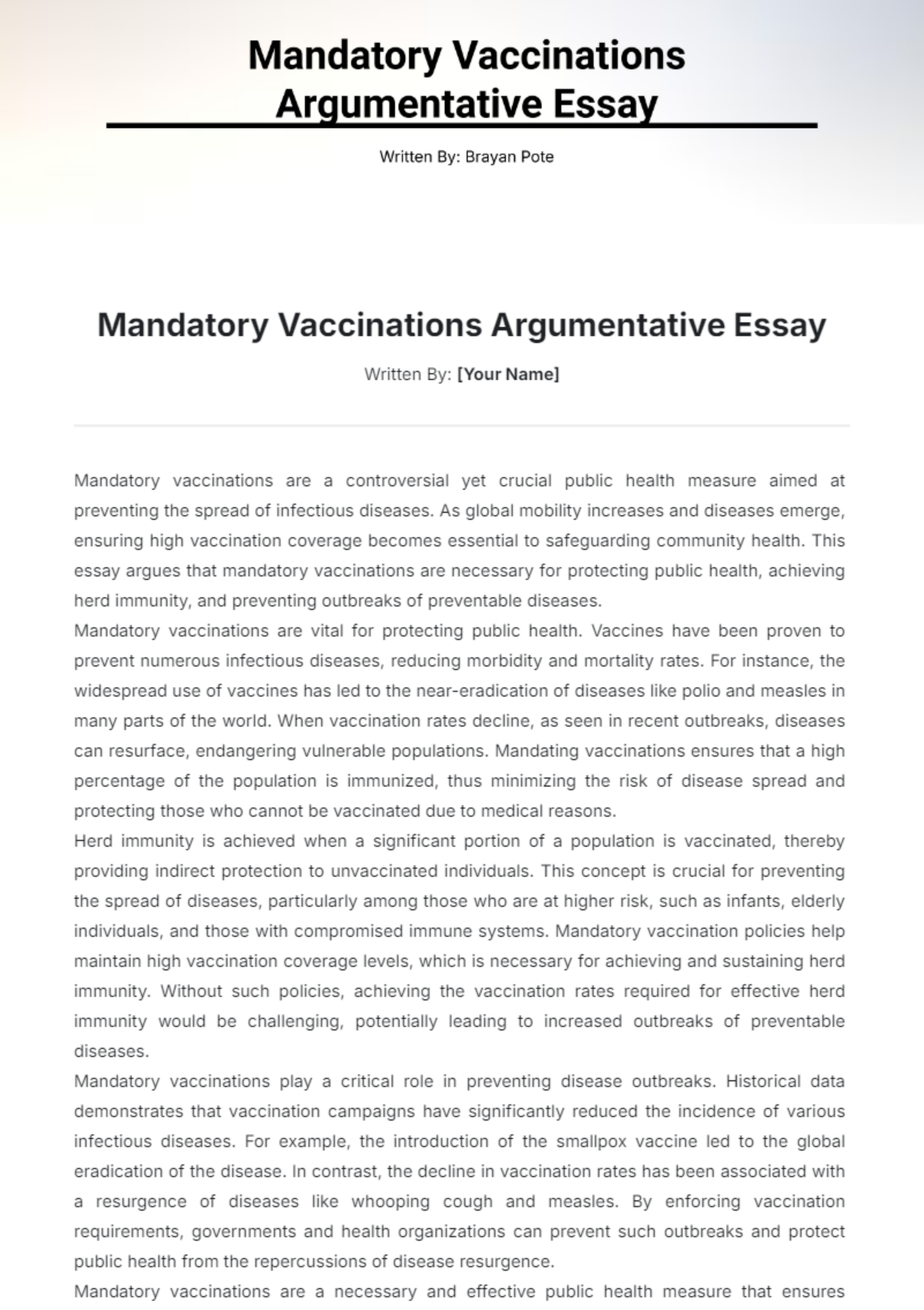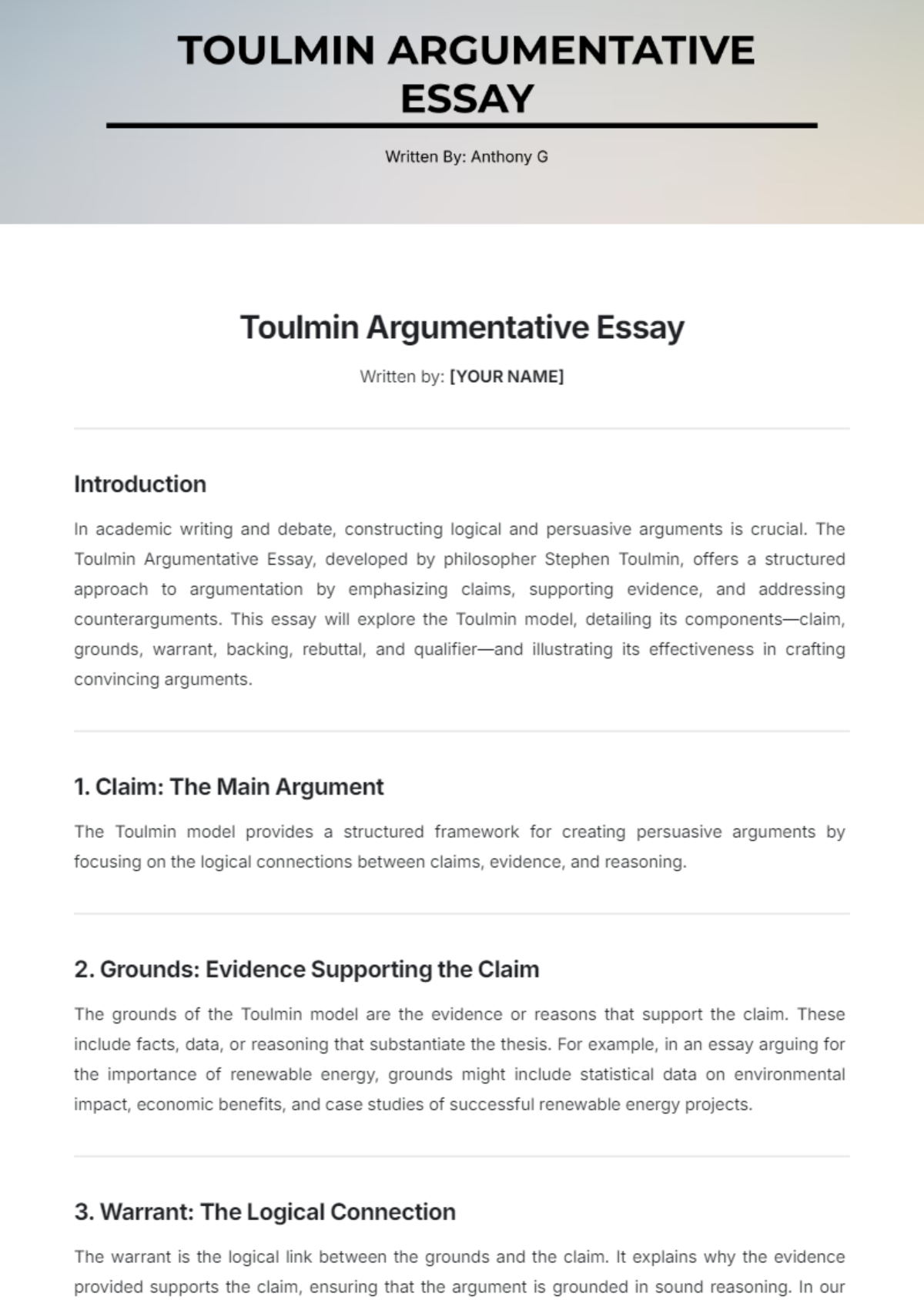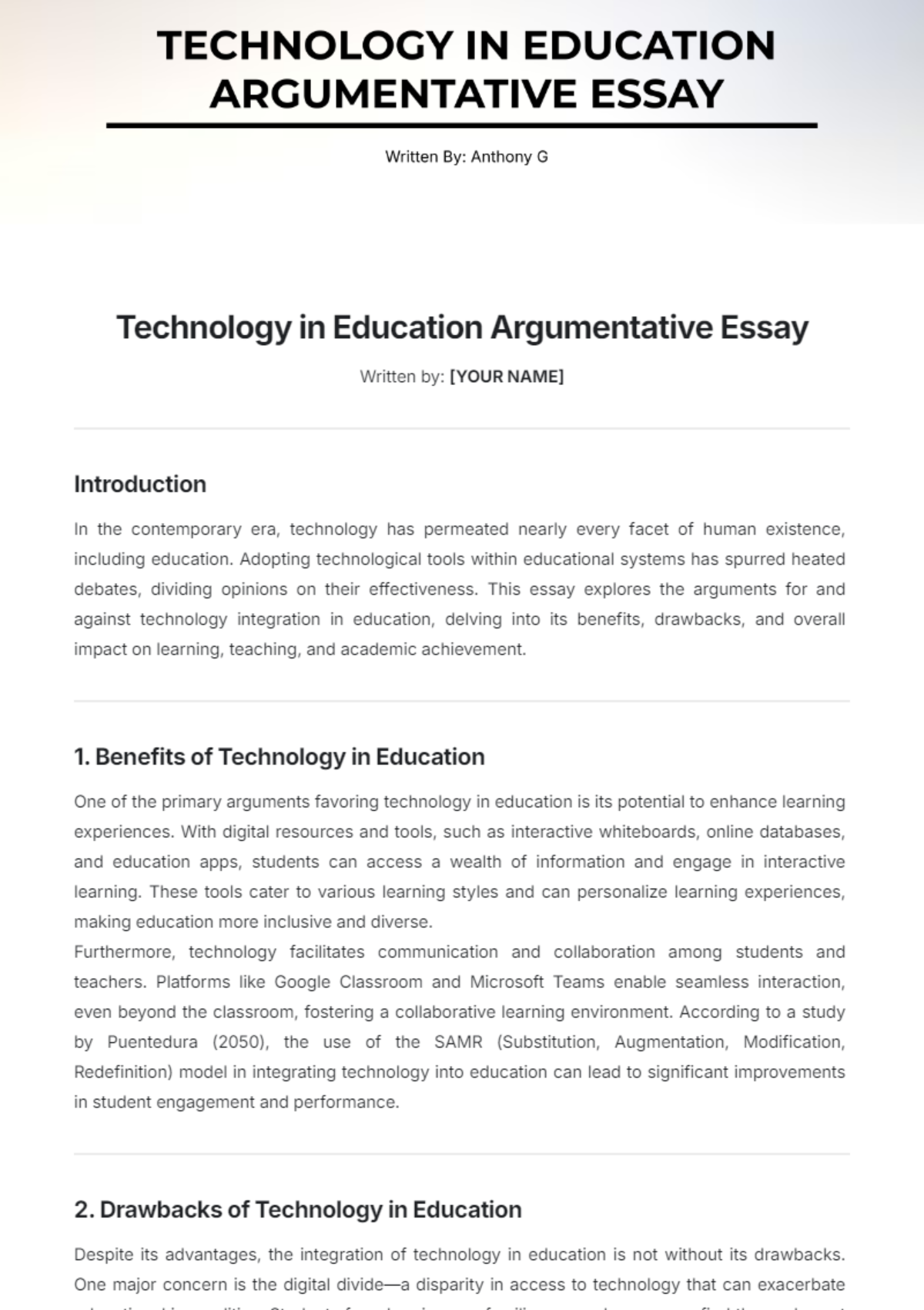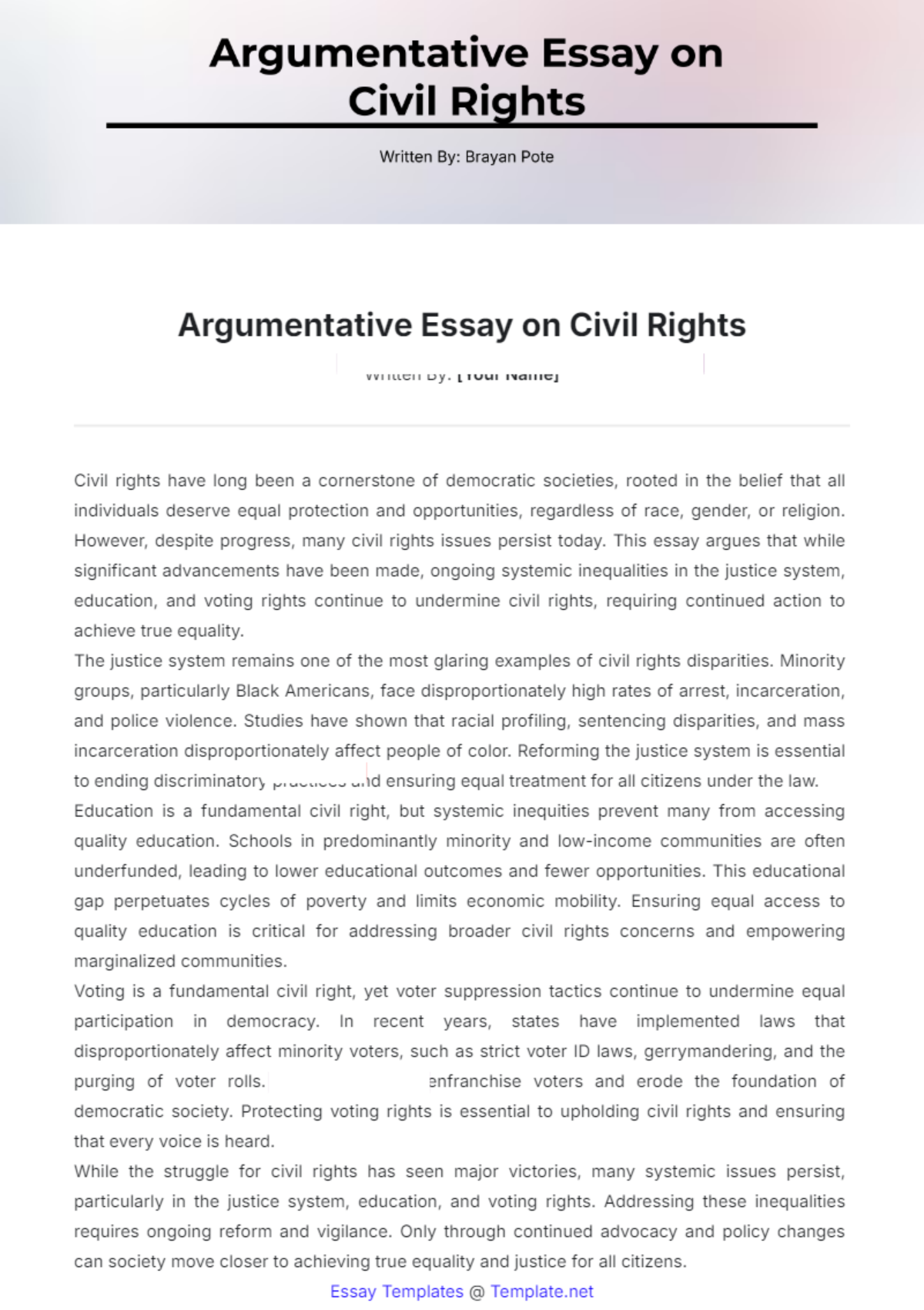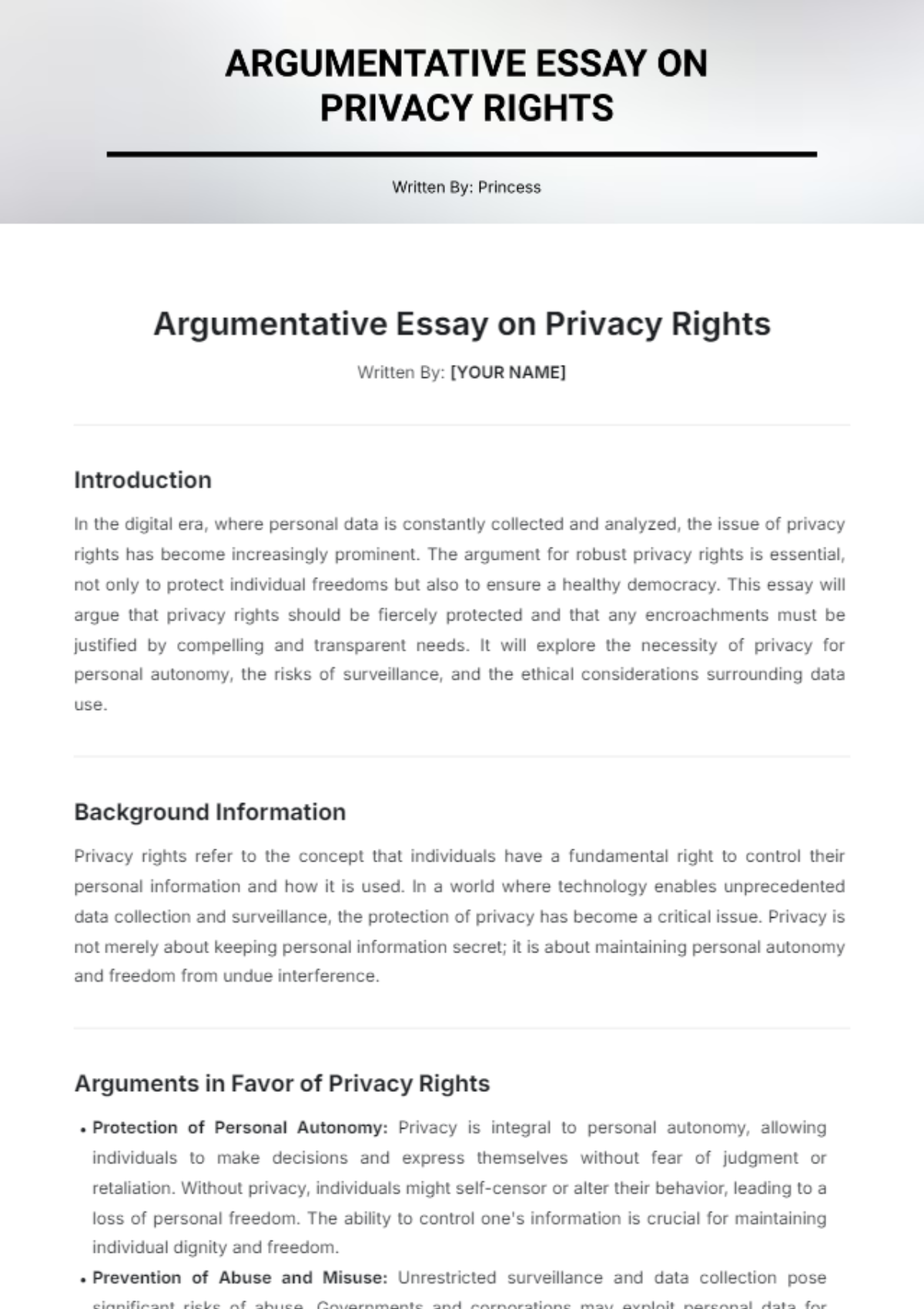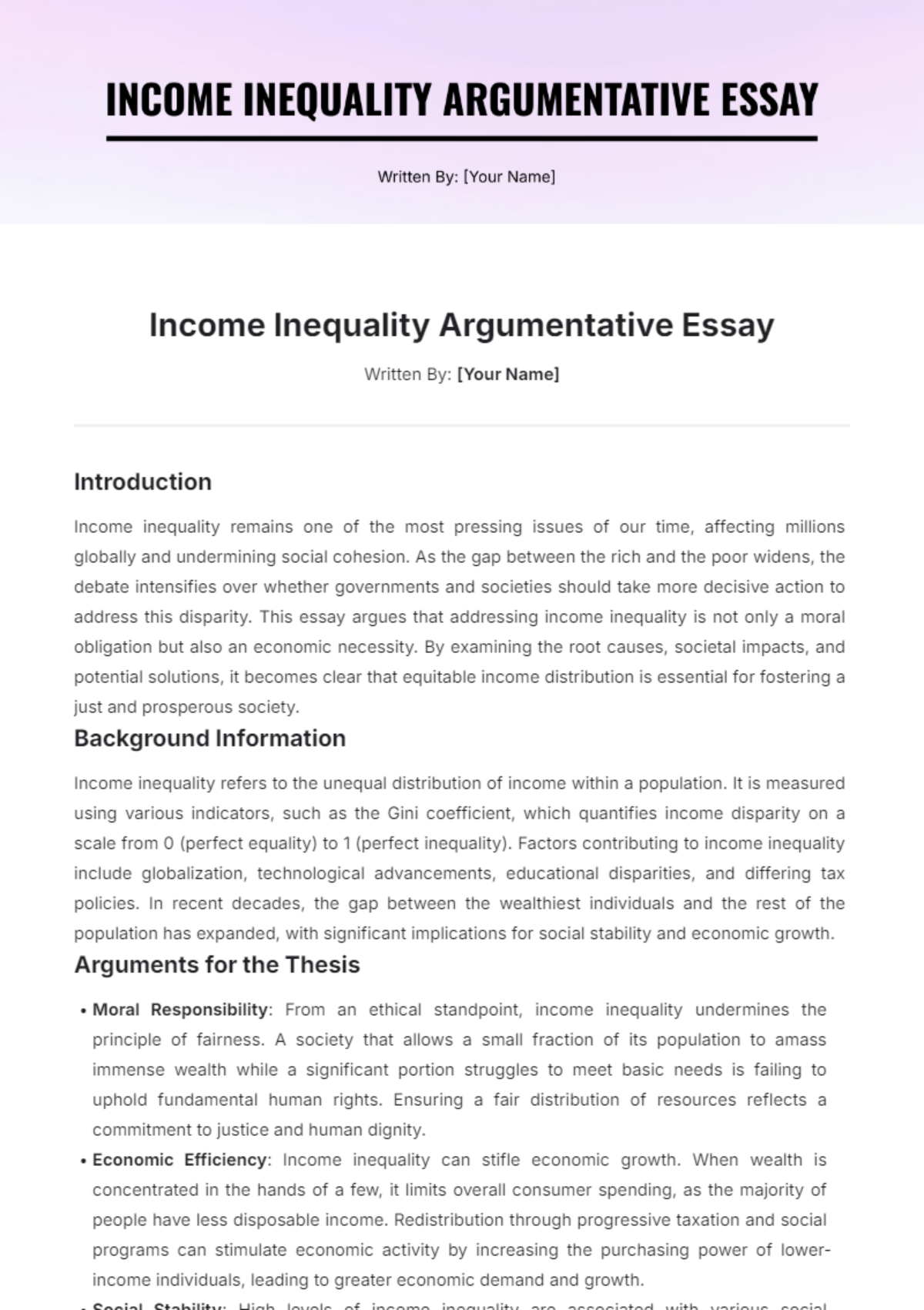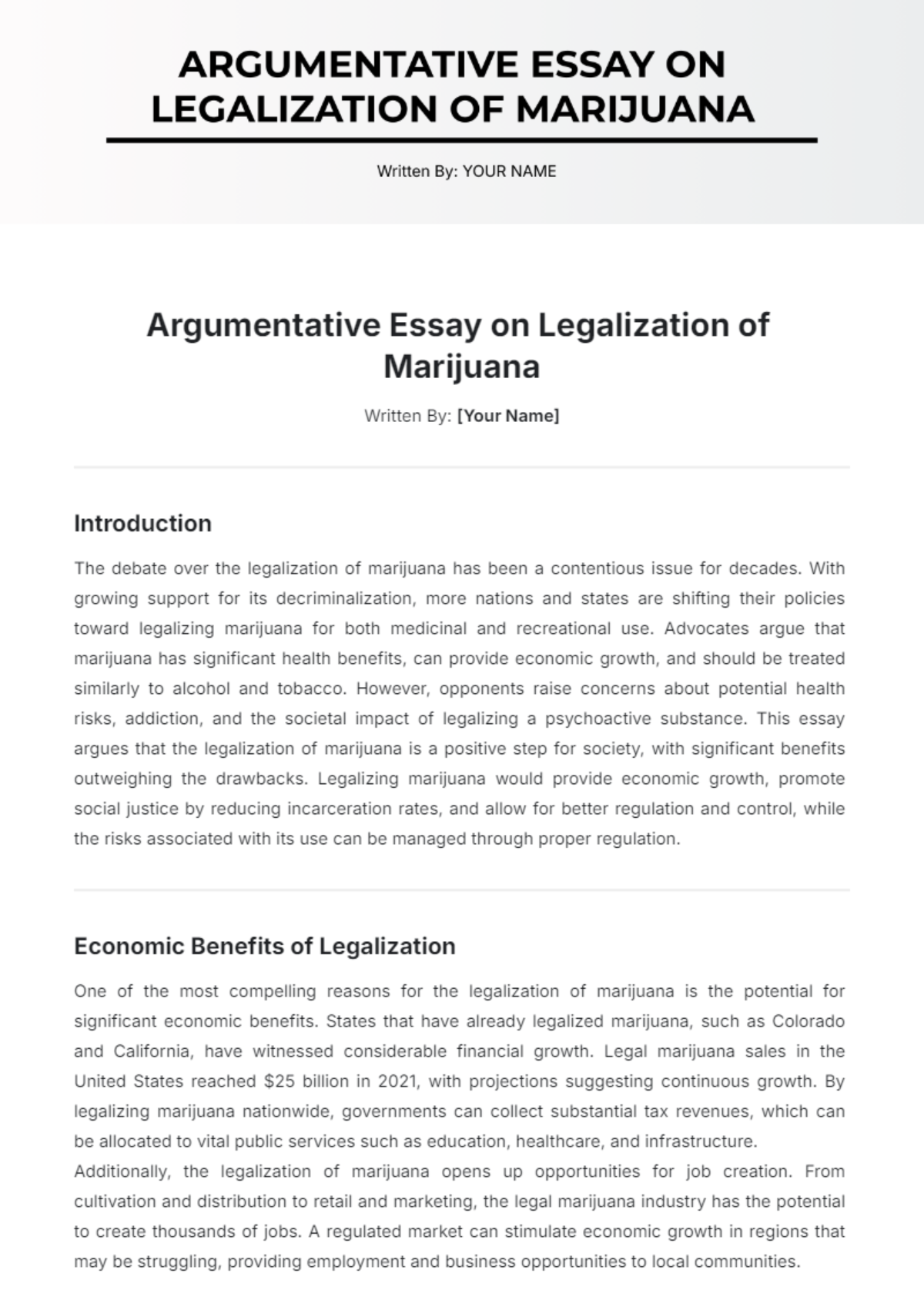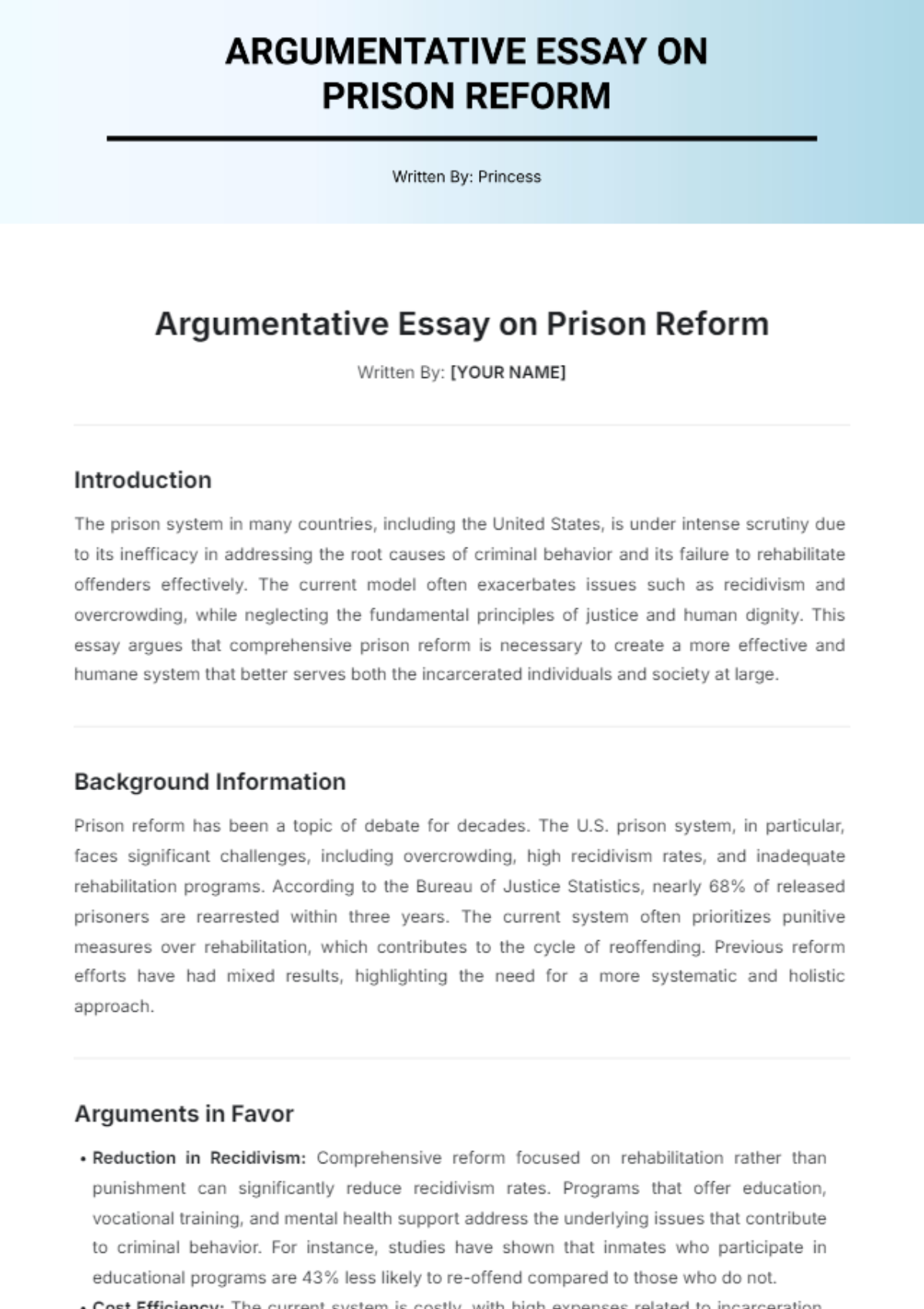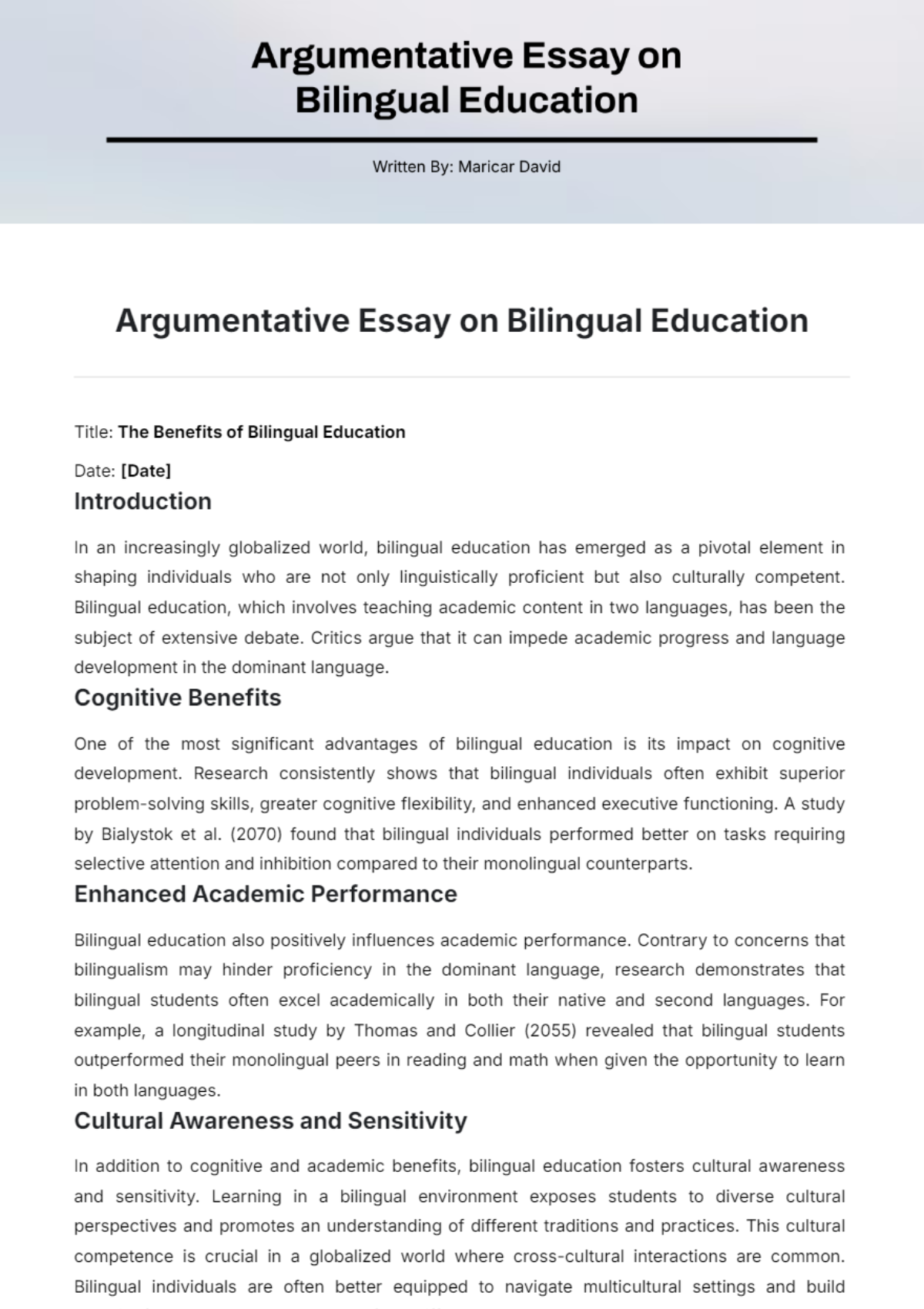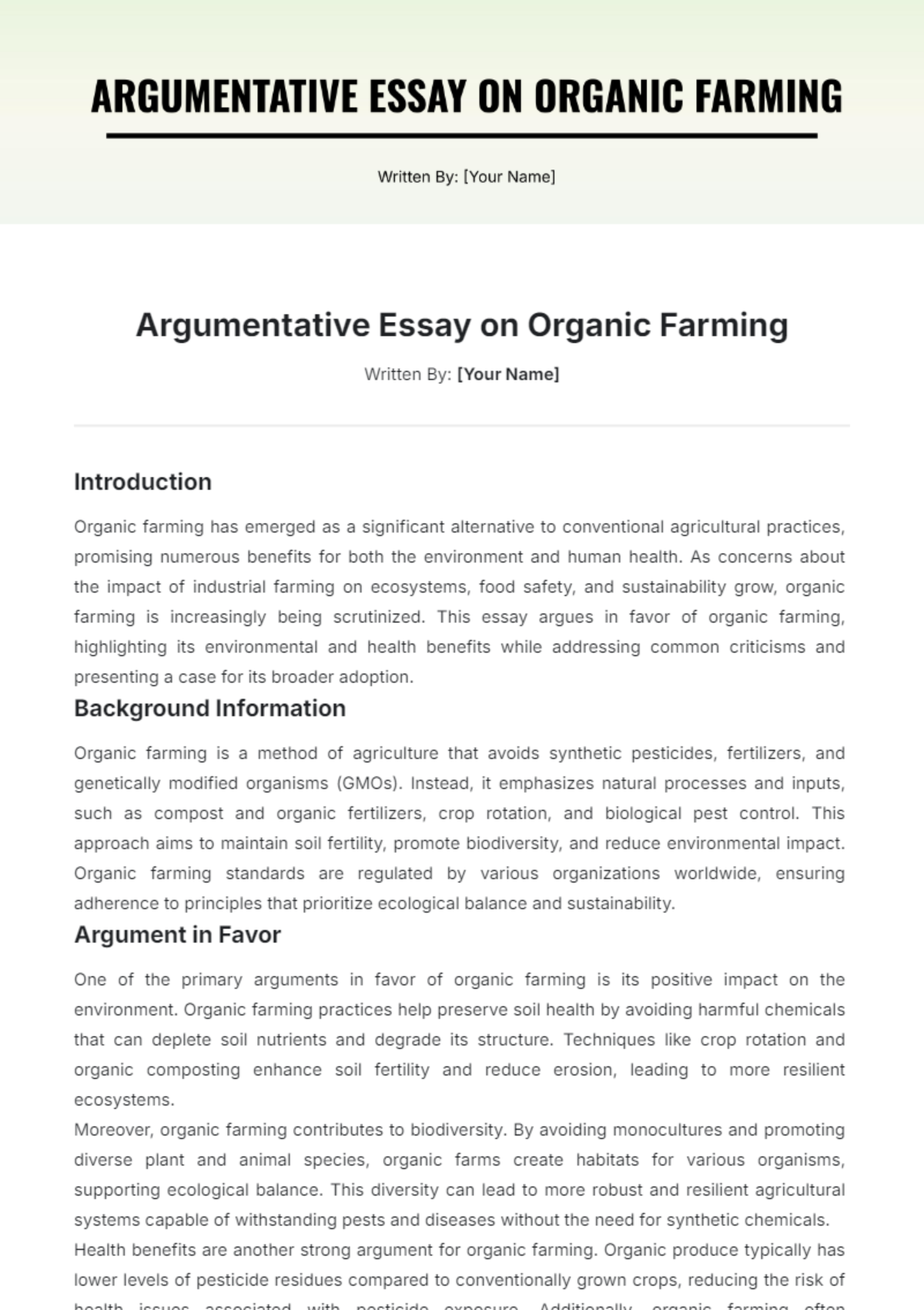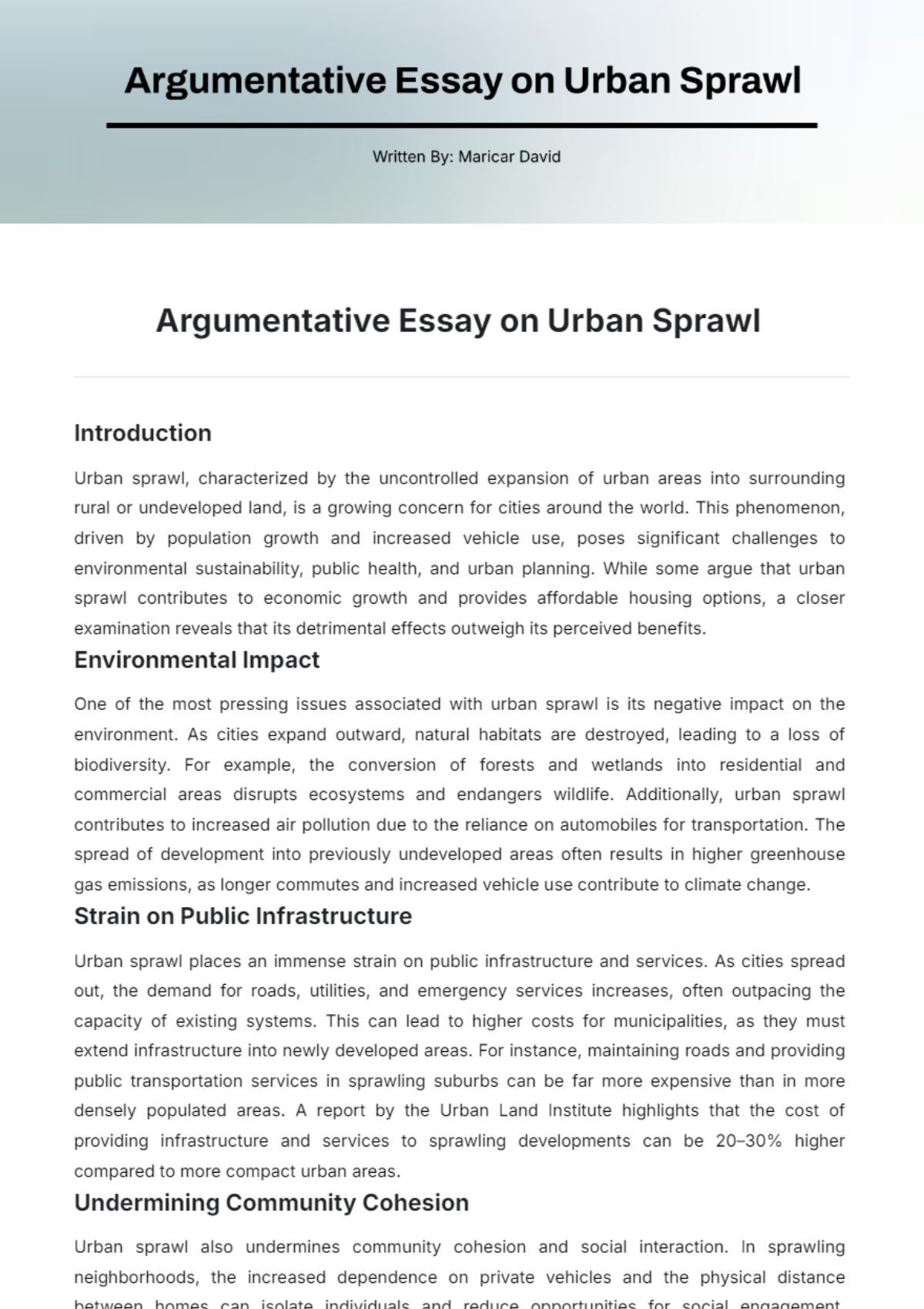Comprehensive Argumentative Essay
In recent years, economic inequality has emerged as a significant global issue, exacerbated by technological advancements and shifts in labor markets. The concept of Universal Basic Income (UBI), a model where all citizens receive a fixed, unconditional sum of money regularly, has gained traction as a potential solution to address these disparities. Proponents argue that UBI can alleviate poverty, enhance economic stability, and promote individual freedom. This essay presents findings and supports the conclusion that adopting UBI is a crucial step toward reducing economic inequality and ensuring a more equitable society.
UBI has the potential to significantly reduce poverty levels. A comprehensive study by the Organisation for Economic Co-operation and Development (OECD) found that implementing UBI could lift millions out of poverty by providing a safety net for the most vulnerable populations. For instance, a pilot program in Finland, which provided 2,000 unemployed individuals with a monthly UBI of €560, resulted in improved financial security and mental well-being. Participants reported a greater sense of stability and reduced stress, which highlights UBI's potential to address immediate financial needs and improve quality of life.
UBI can also contribute to economic stability and growth. By providing a guaranteed income, UBI can stimulate consumer spending, which is essential for economic health. According to a report by the Roosevelt Institute, a UBI of $1,000 per month in the United States could boost GDP by 12.56% over eight years due to increased consumer spending. Additionally, UBI can act as a buffer during economic downturns, as individuals will have a reliable source of income even in times of unemployment or economic instability. This increased economic resilience can lead to more stable and sustainable economic growth.
UBI fosters individual freedom and encourages innovation by reducing the financial pressures that often force people into unsatisfactory jobs just to make ends meet. A study by the Basic Income Earth Network (BIEN) found that with the security provided by UBI, individuals are more likely to pursue entrepreneurial ventures, creative projects, and further education. The pilot project in the Canadian city of Hamilton showed that recipients used their basic income to start small businesses and invest in their education, demonstrating UBI's potential to empower individuals to pursue their passions and contribute more innovatively to society.
Critics argue that UBI is too costly, requiring new taxes or reallocating welfare funds. However, models like the Alaska Permanent Fund show sustainable funding through natural resources. Studies suggest progressive taxation, welfare reductions, and economic boosts from consumer spending could cover UBI costs. Concerns about reduced work productivity are countered by UBI pilots like Finland's, where participants showed stable employment rates and improved well-being, indicating that UBI can support economic contribution while providing a safety net.
In conclusion, adopting a Universal Basic Income can reduce poverty, stimulate economic stability, and promote individual freedom, despite cost and work incentive concerns. Evidence shows these challenges are manageable, and UBI can foster a more equitable and resilient economy, offering a guaranteed safety net and greater opportunities for all.
